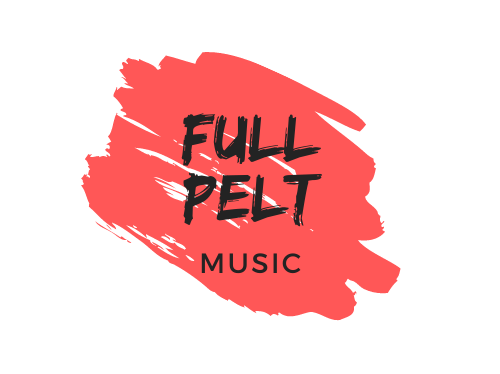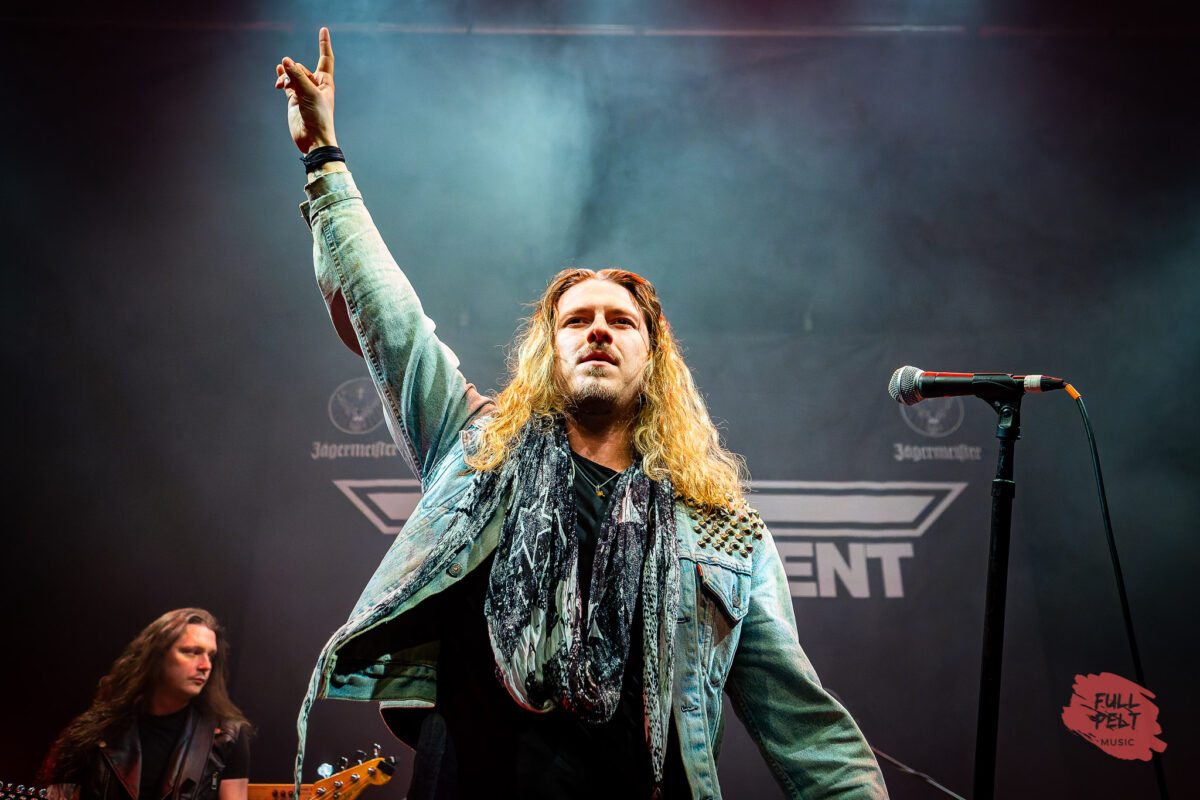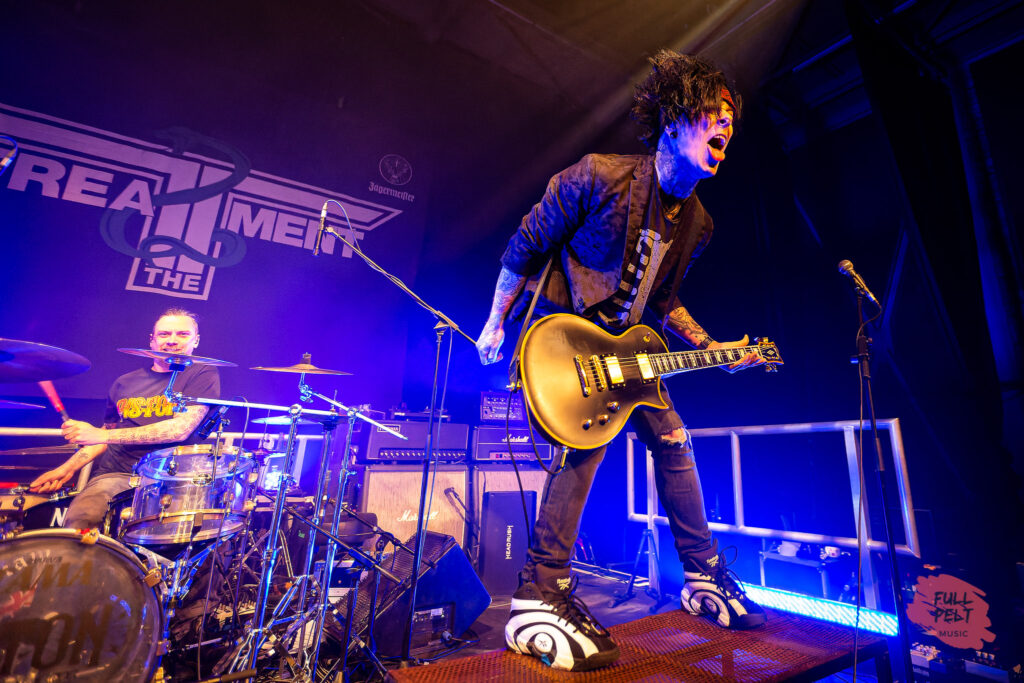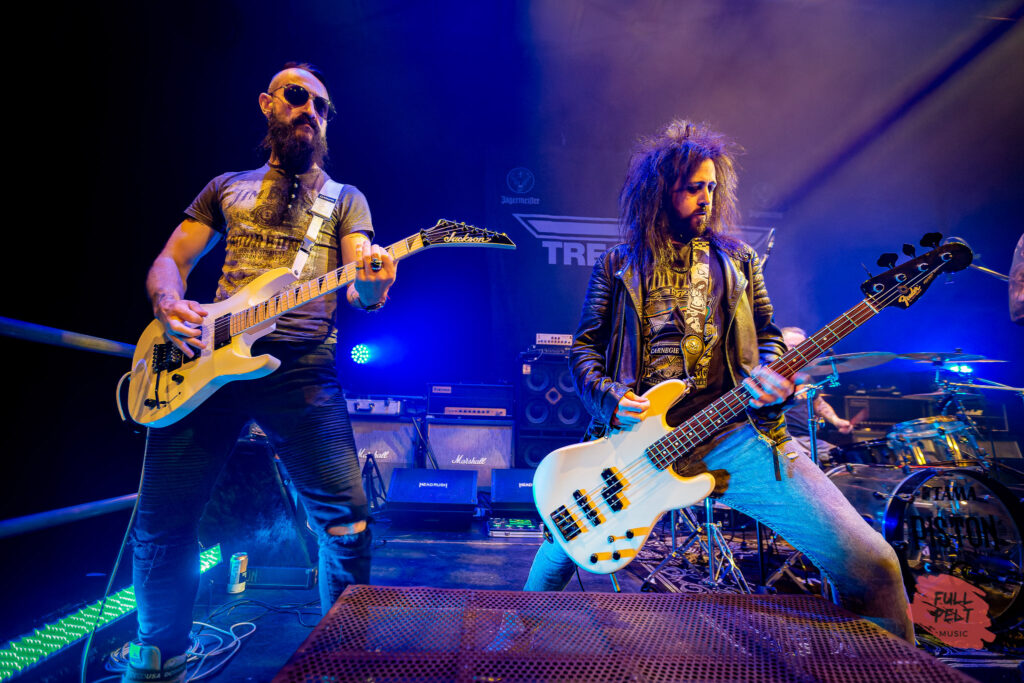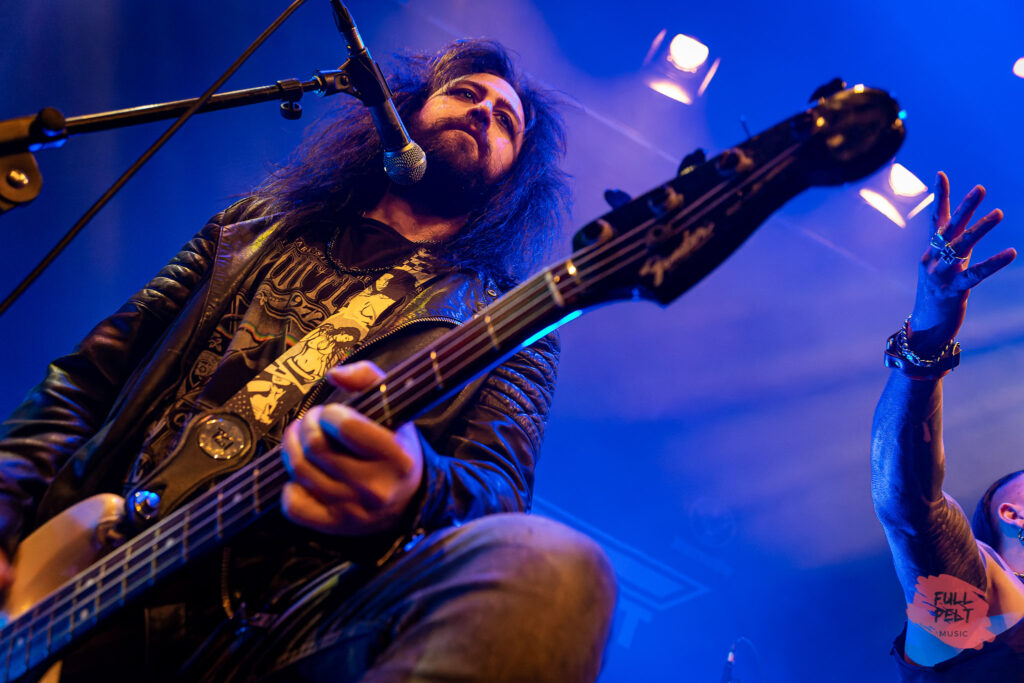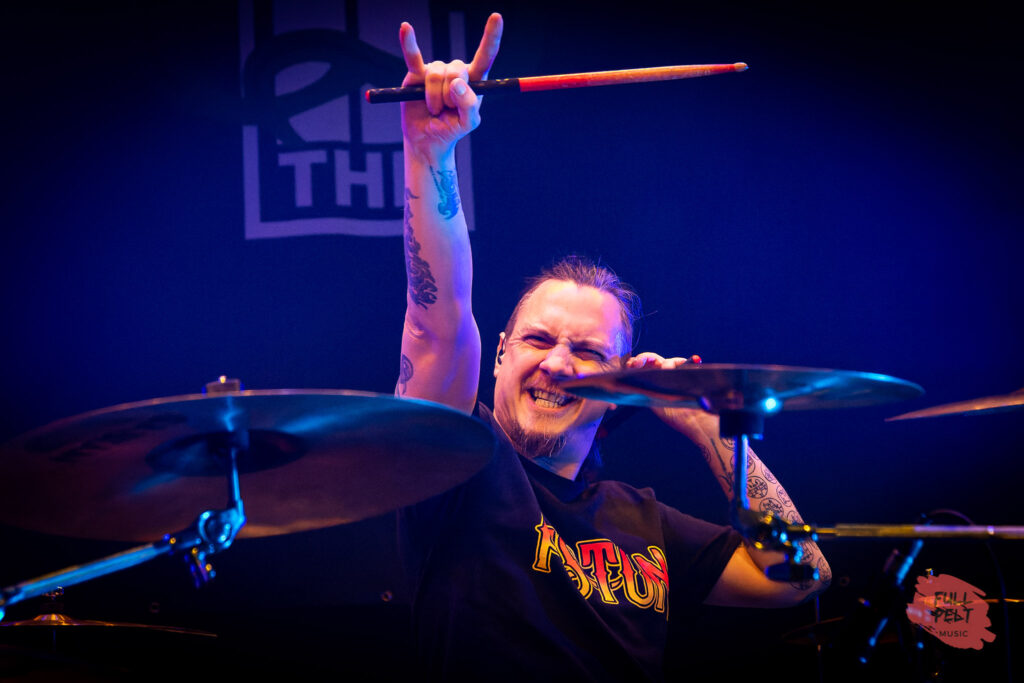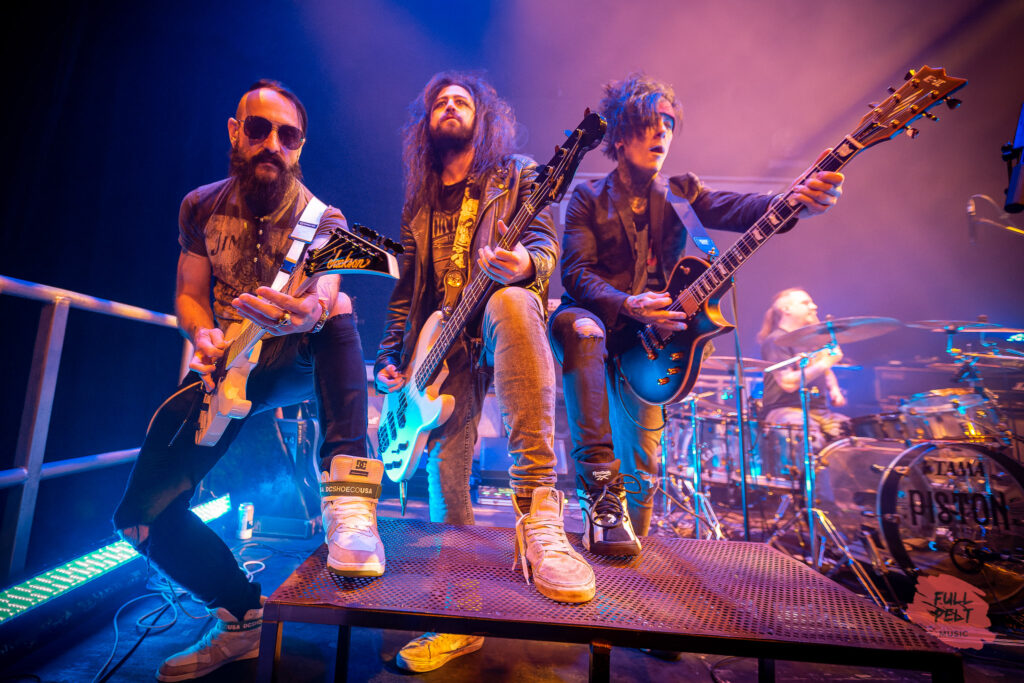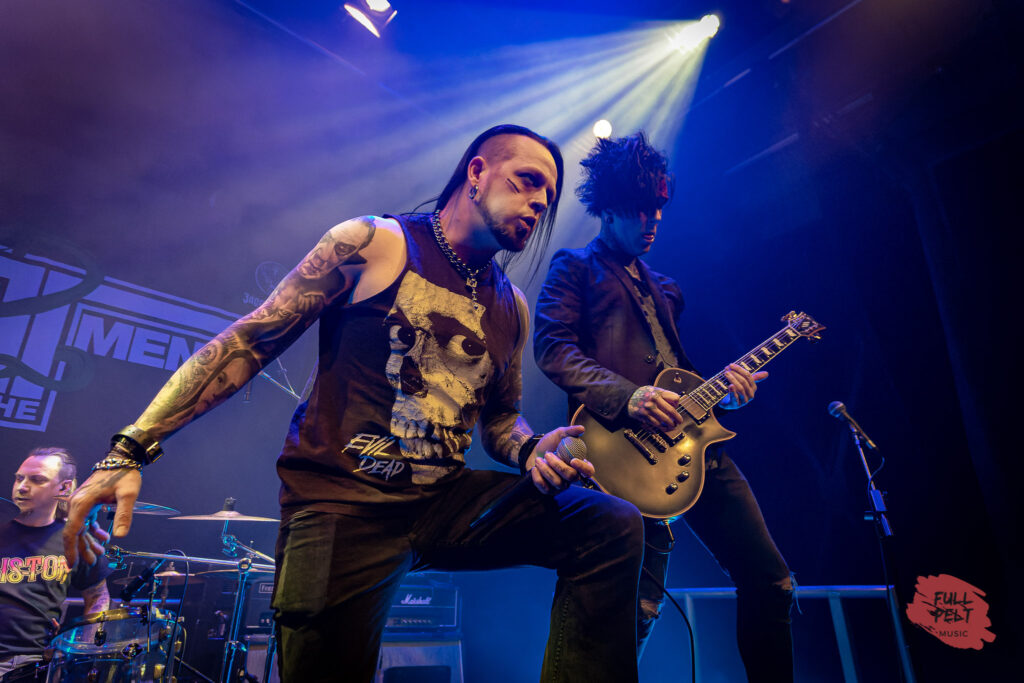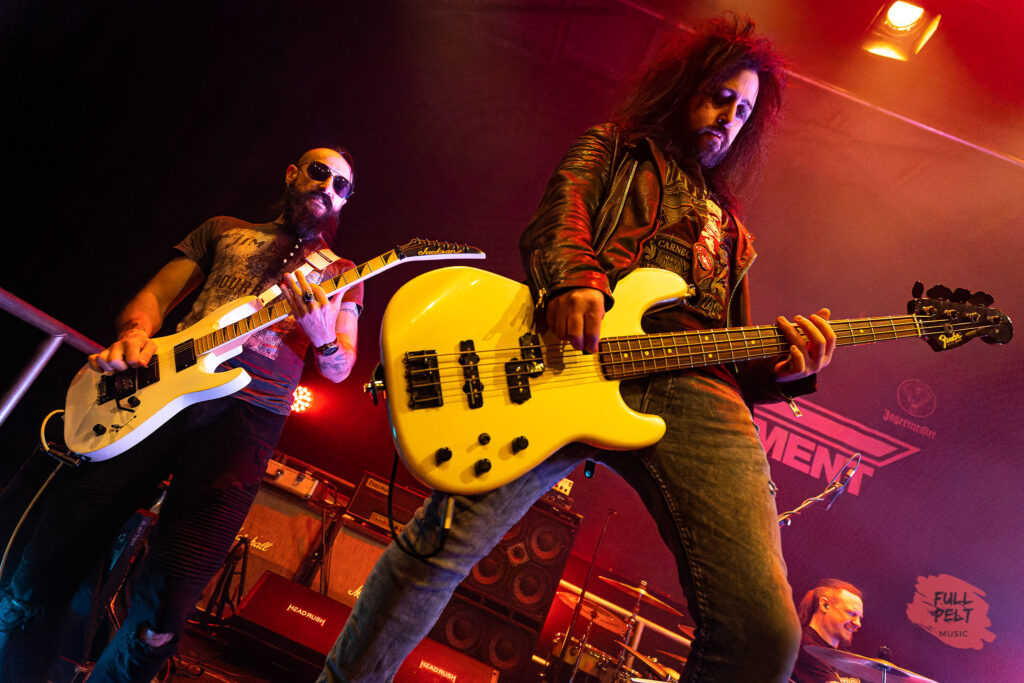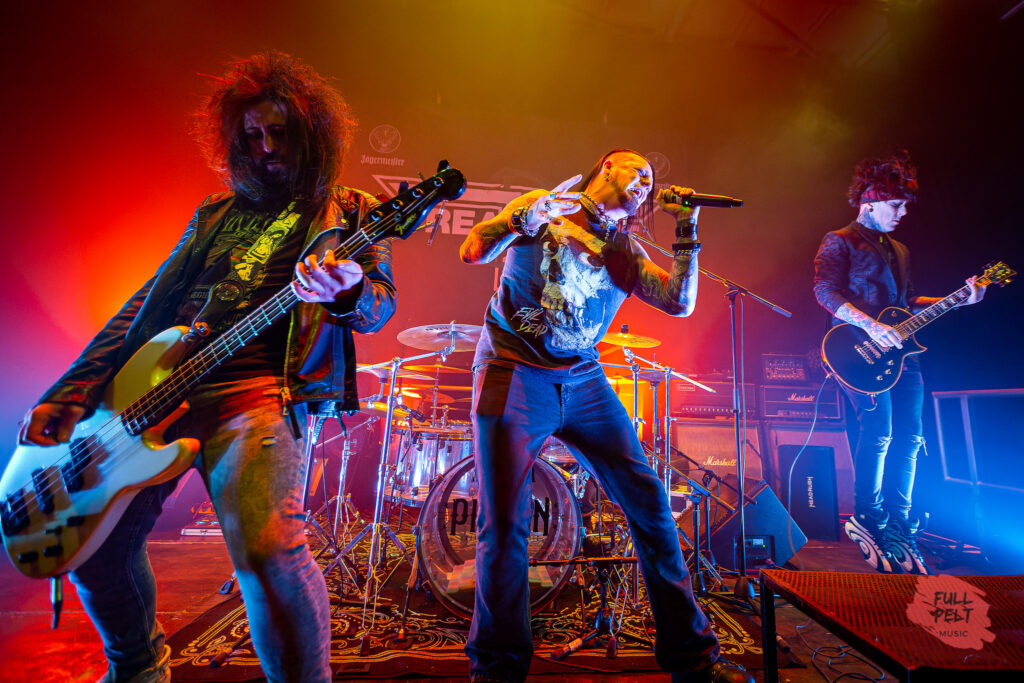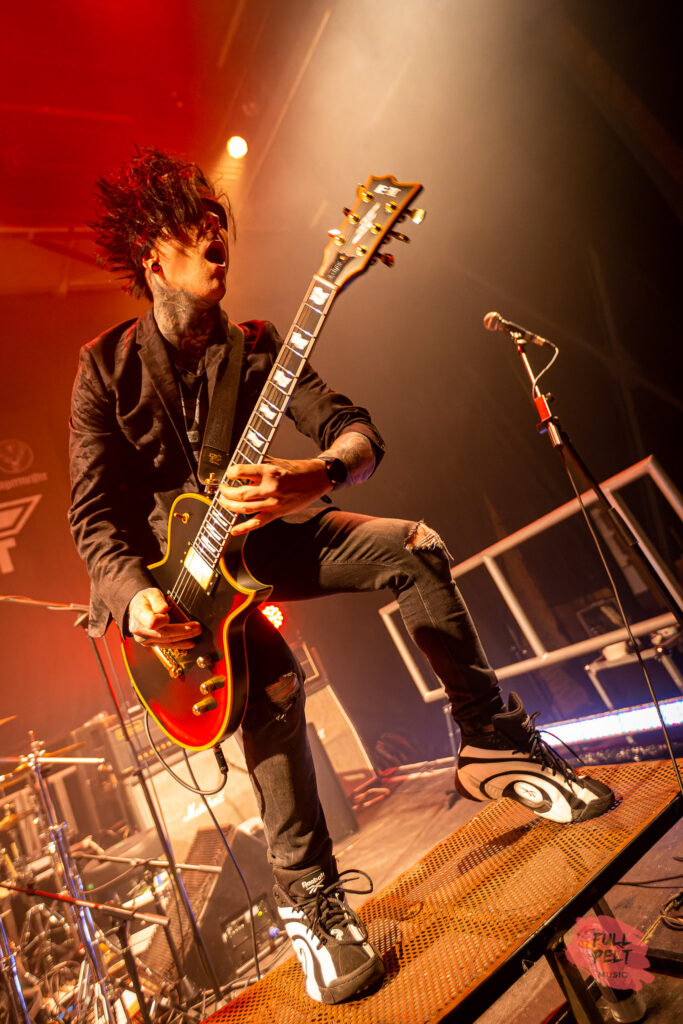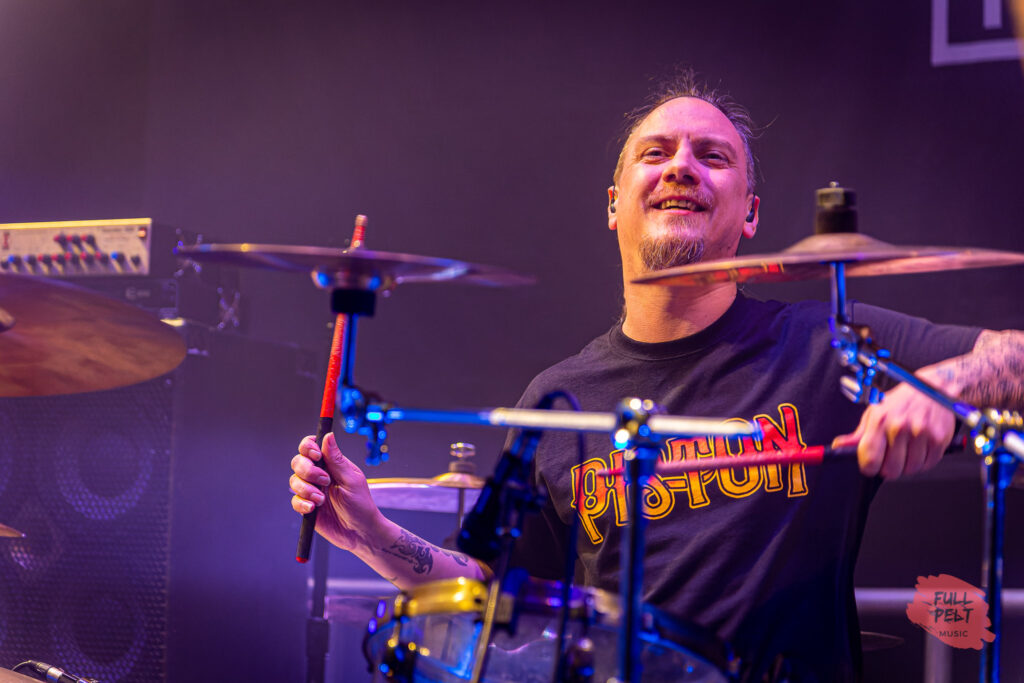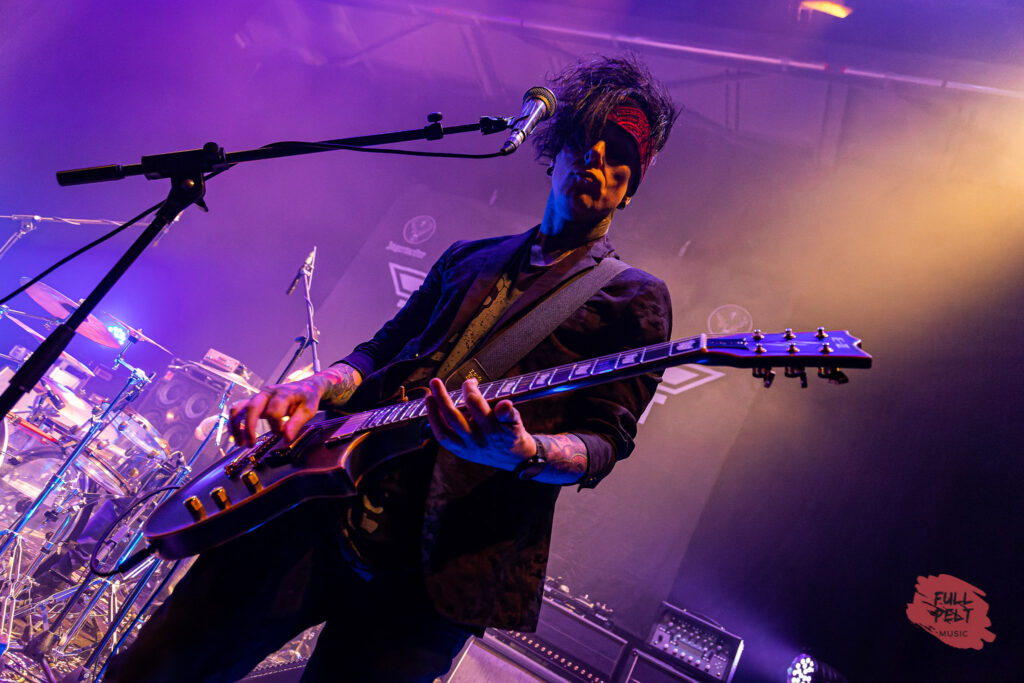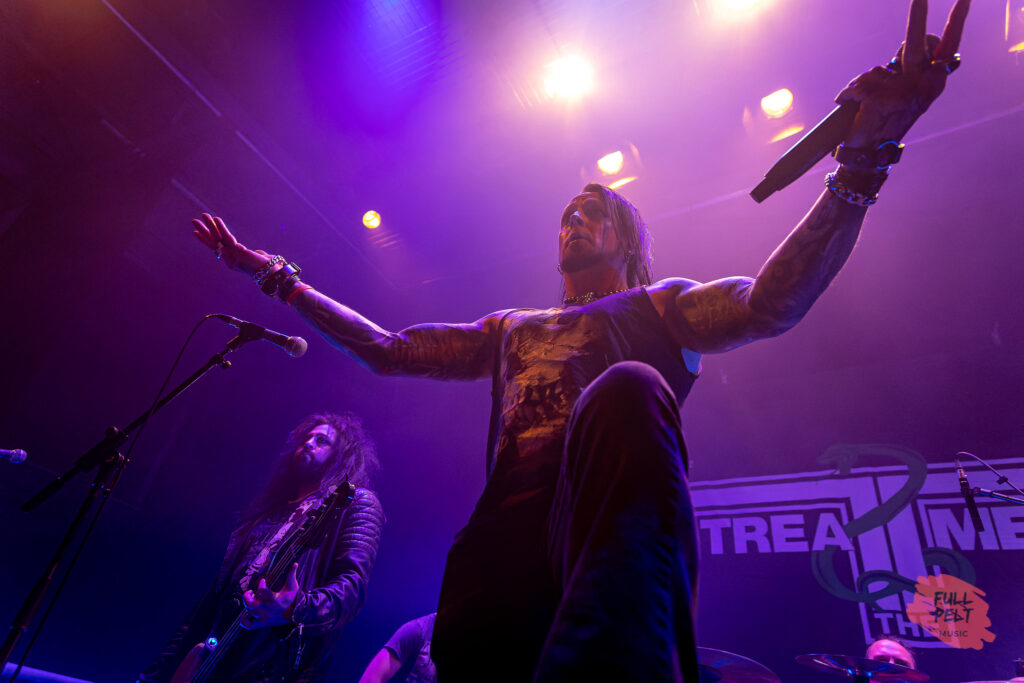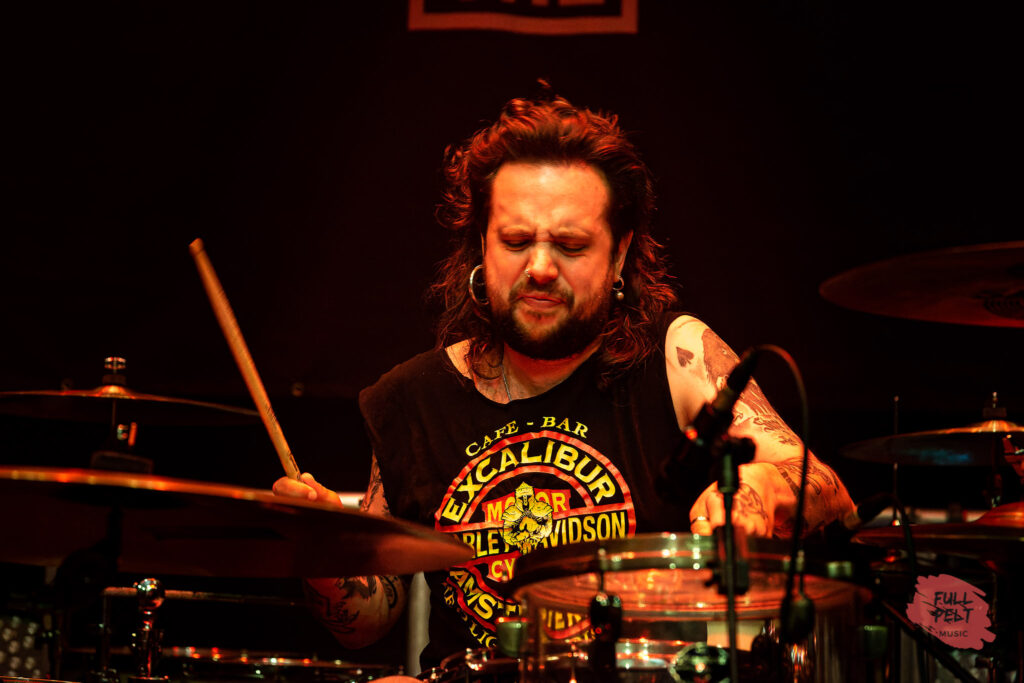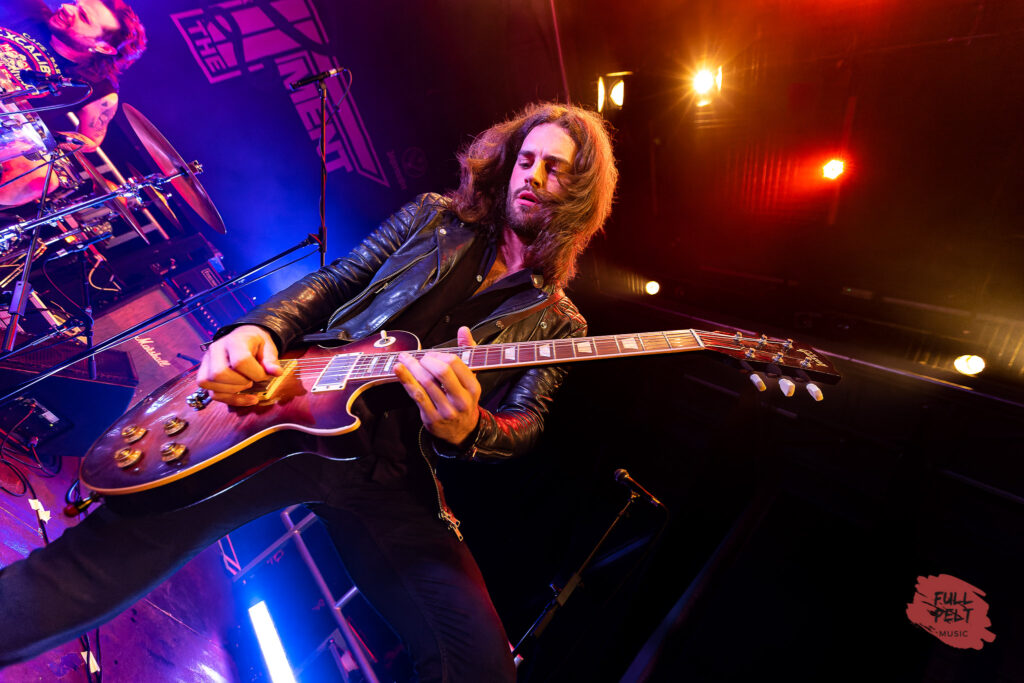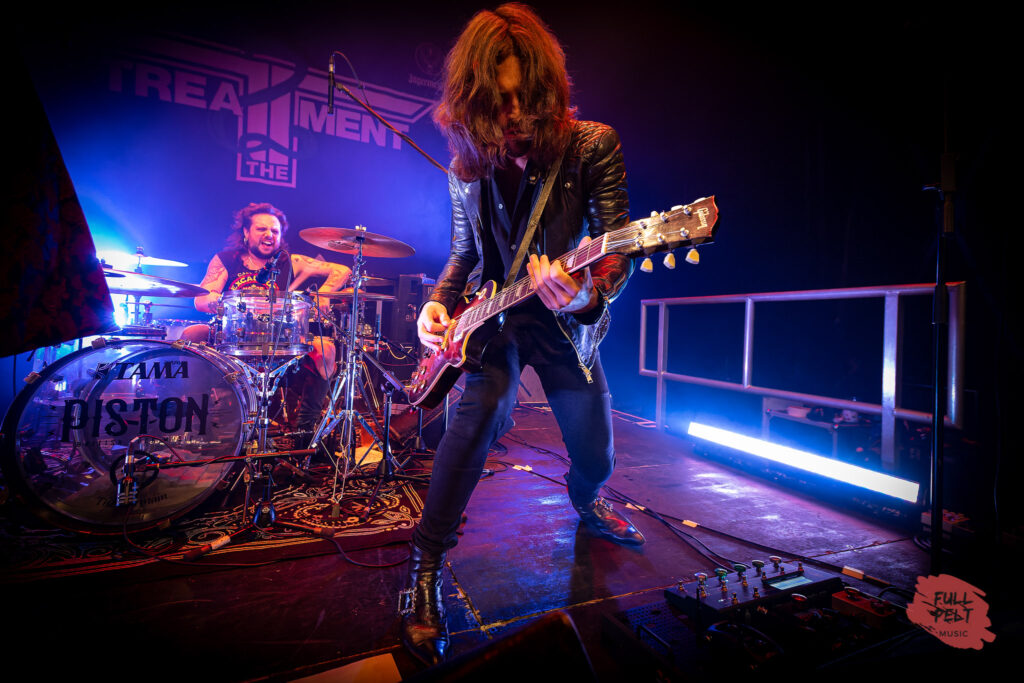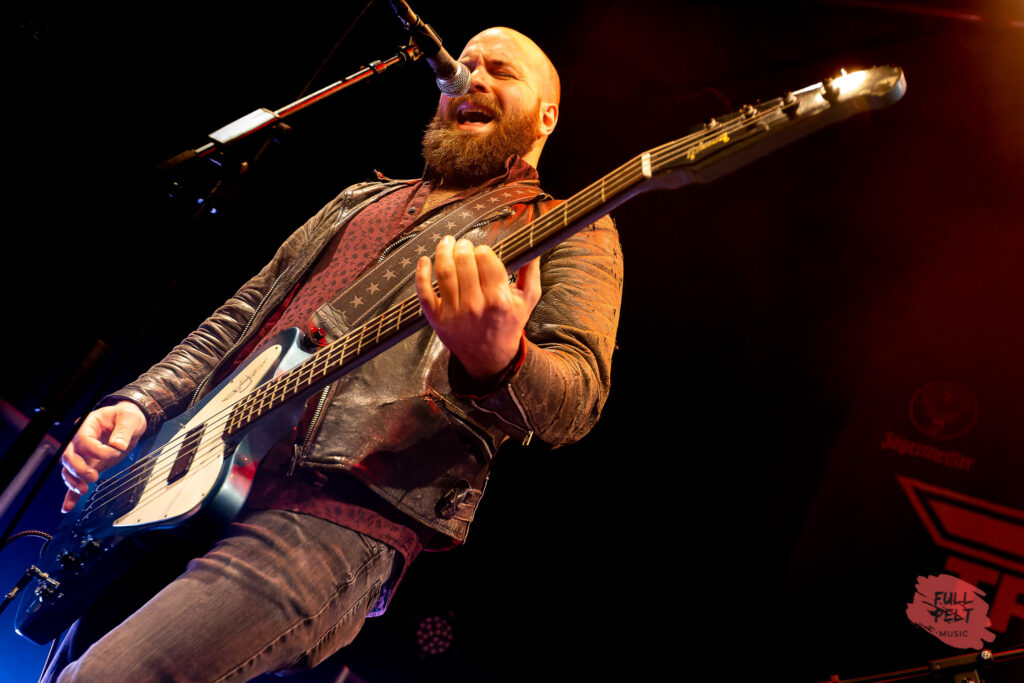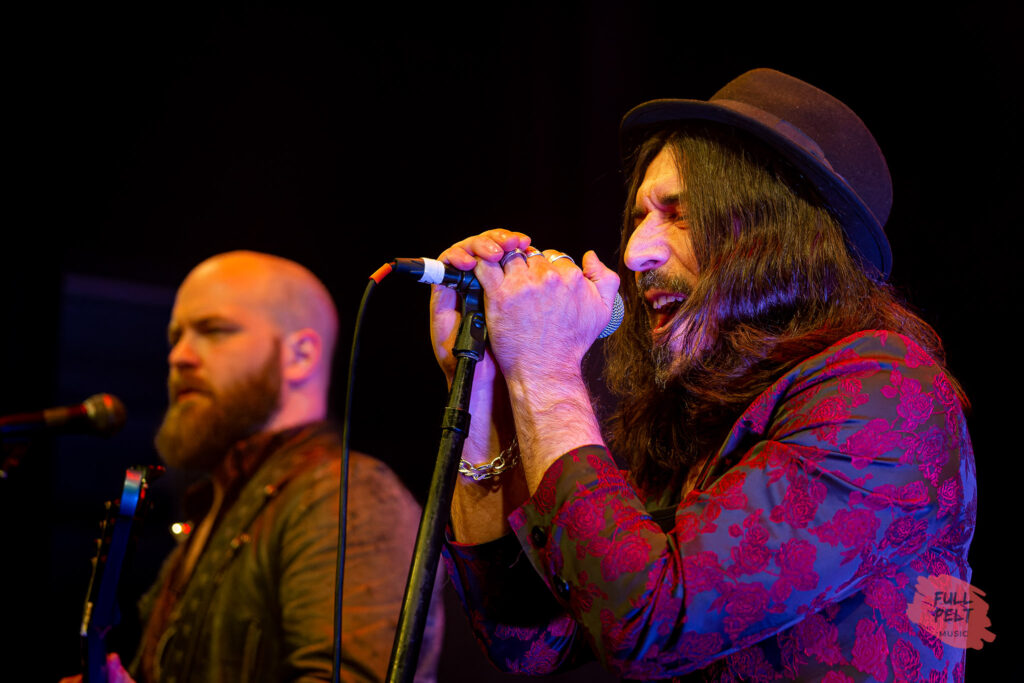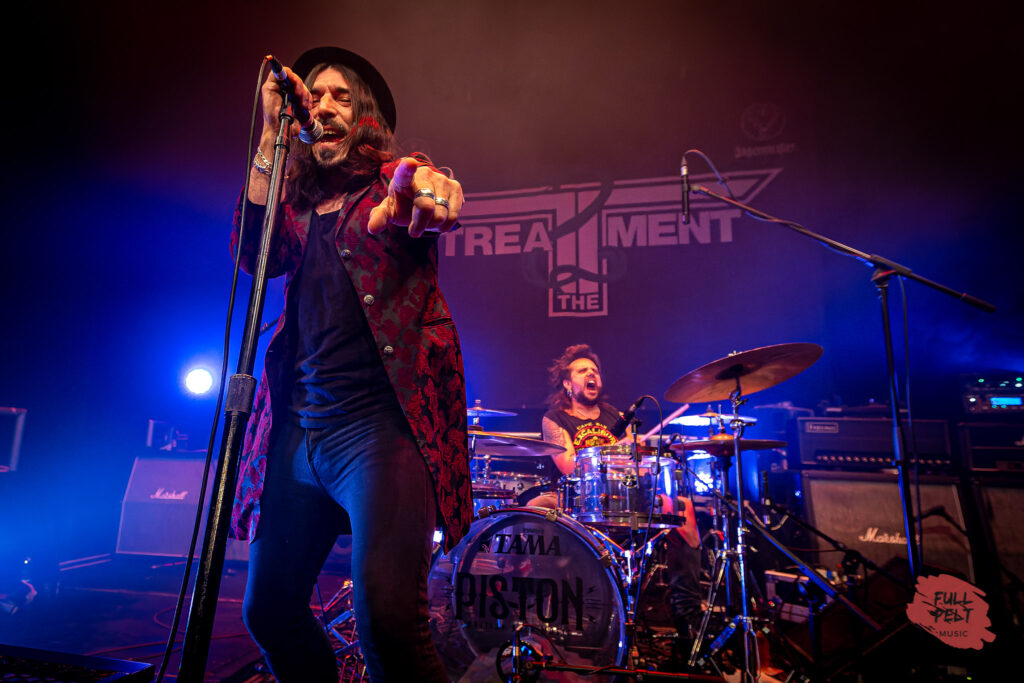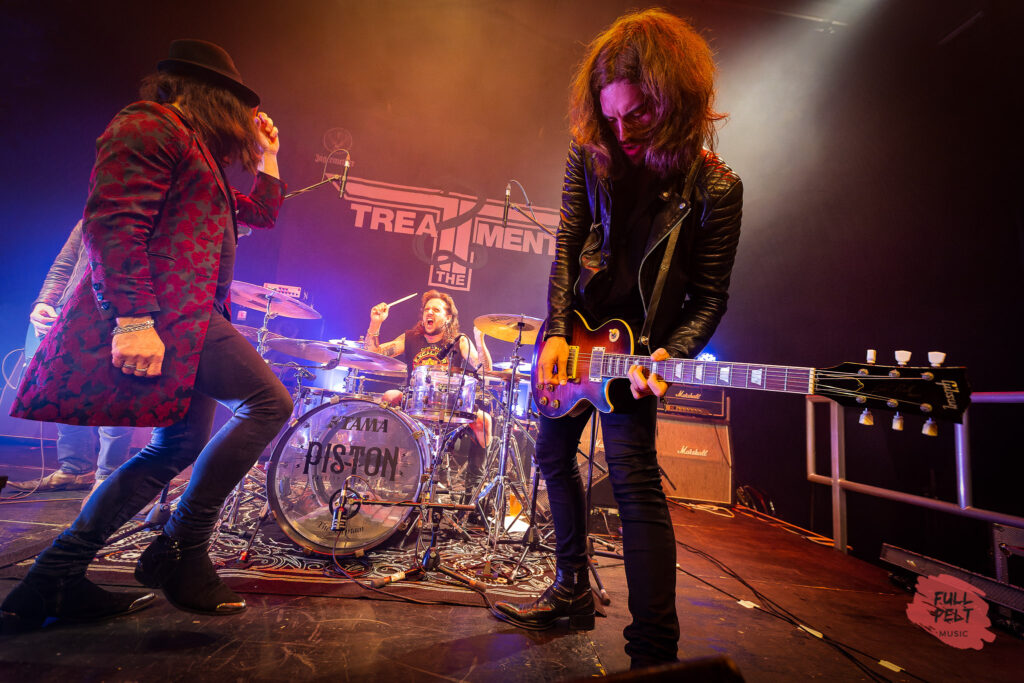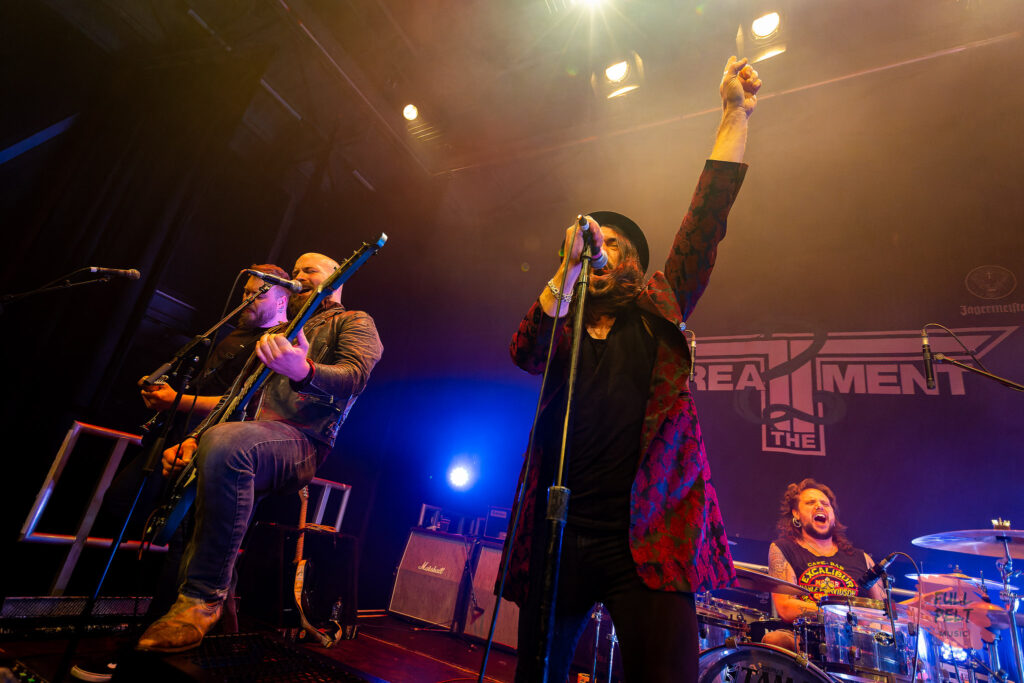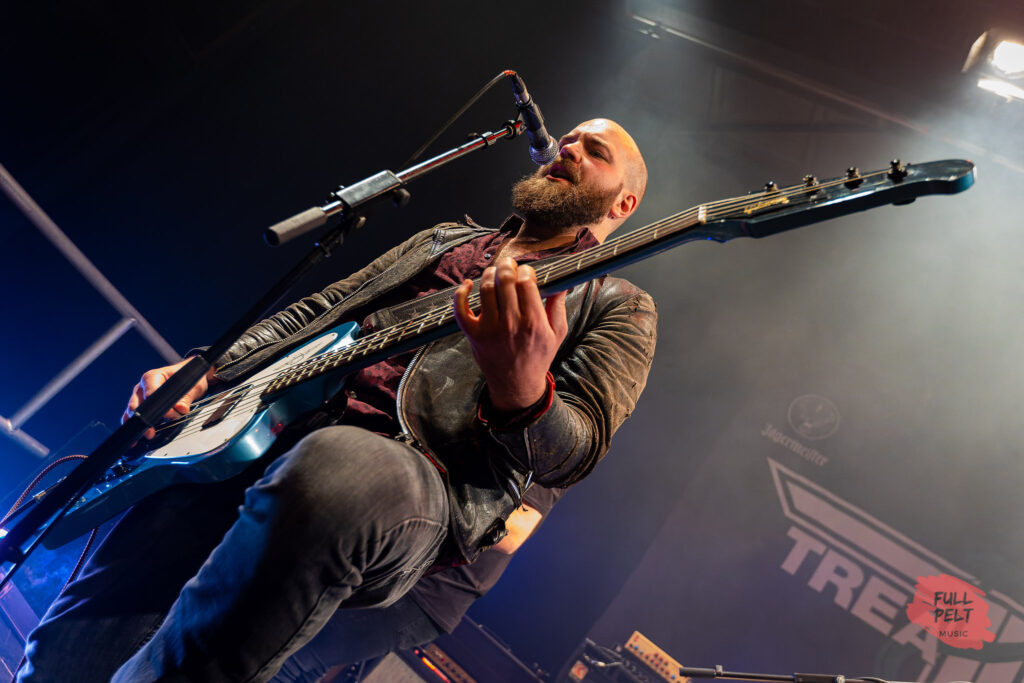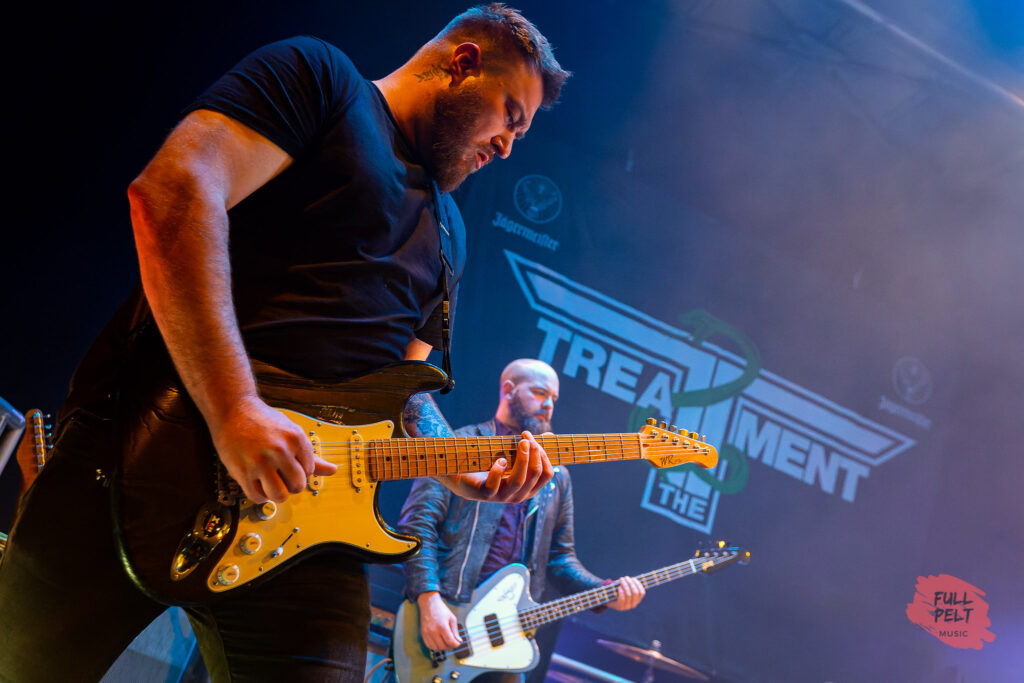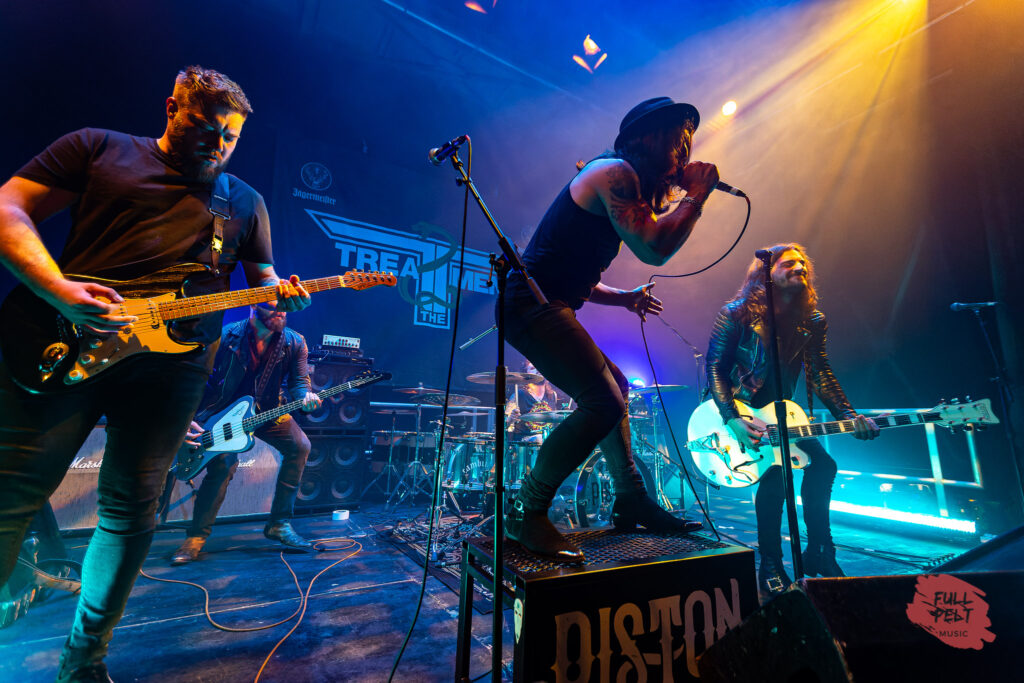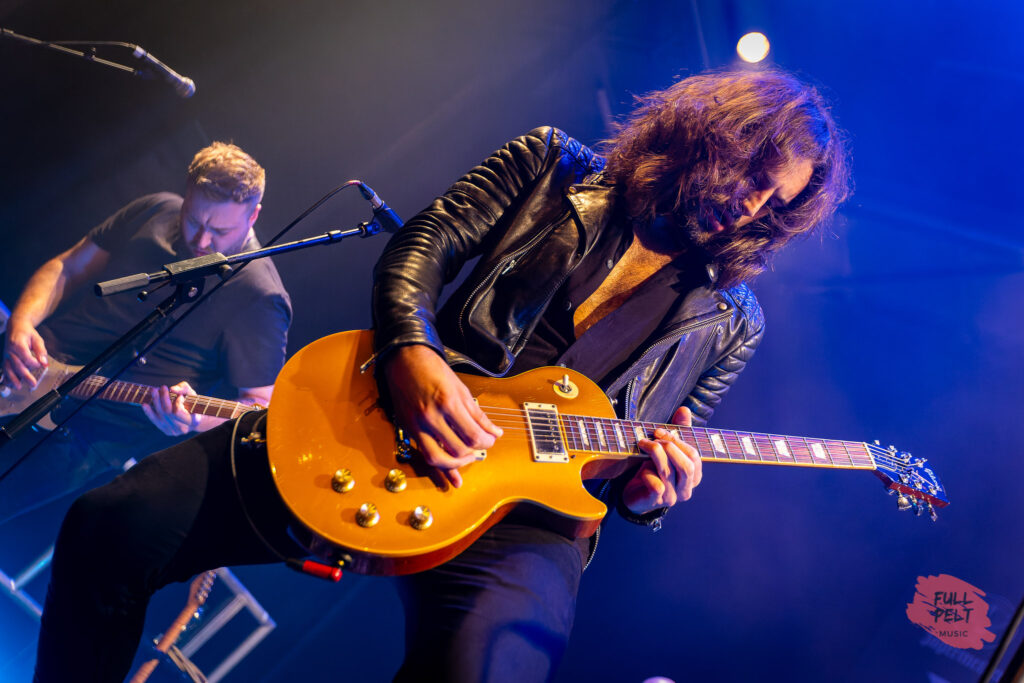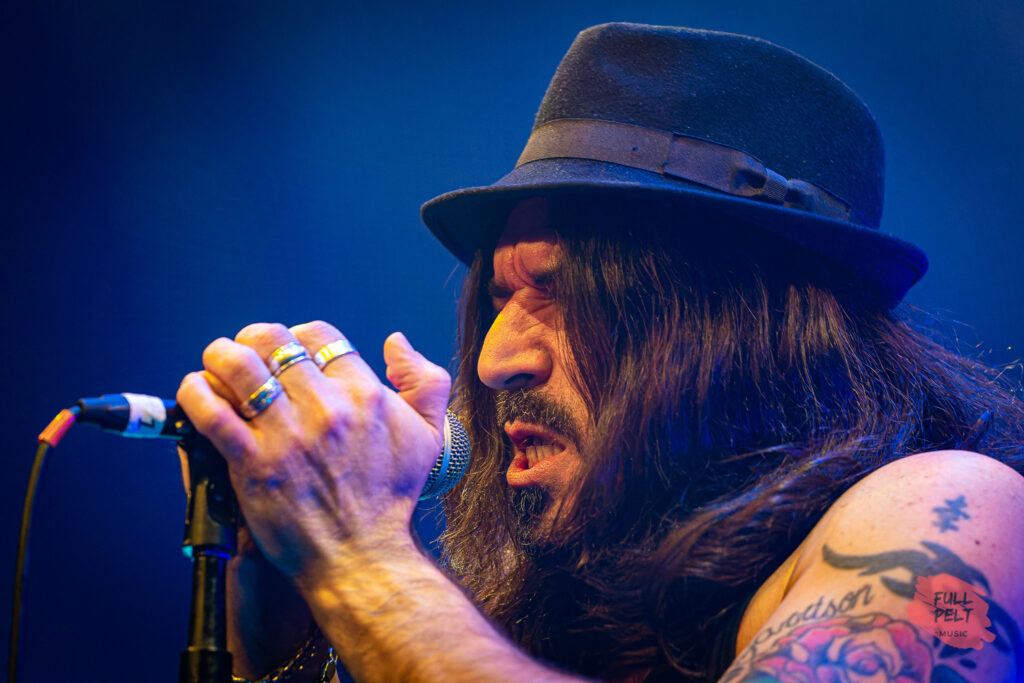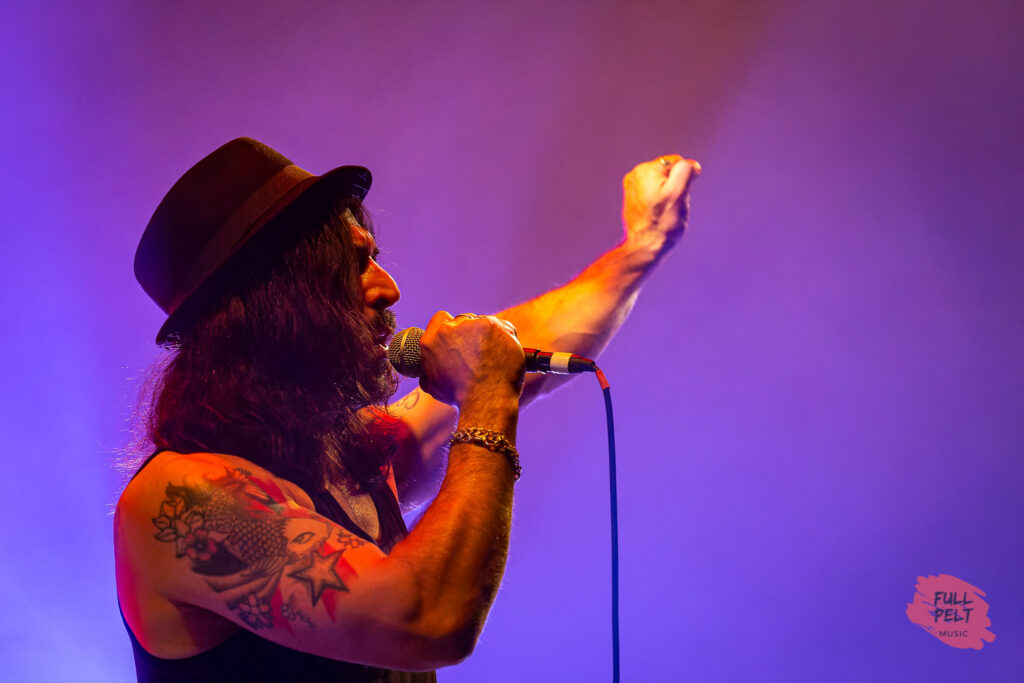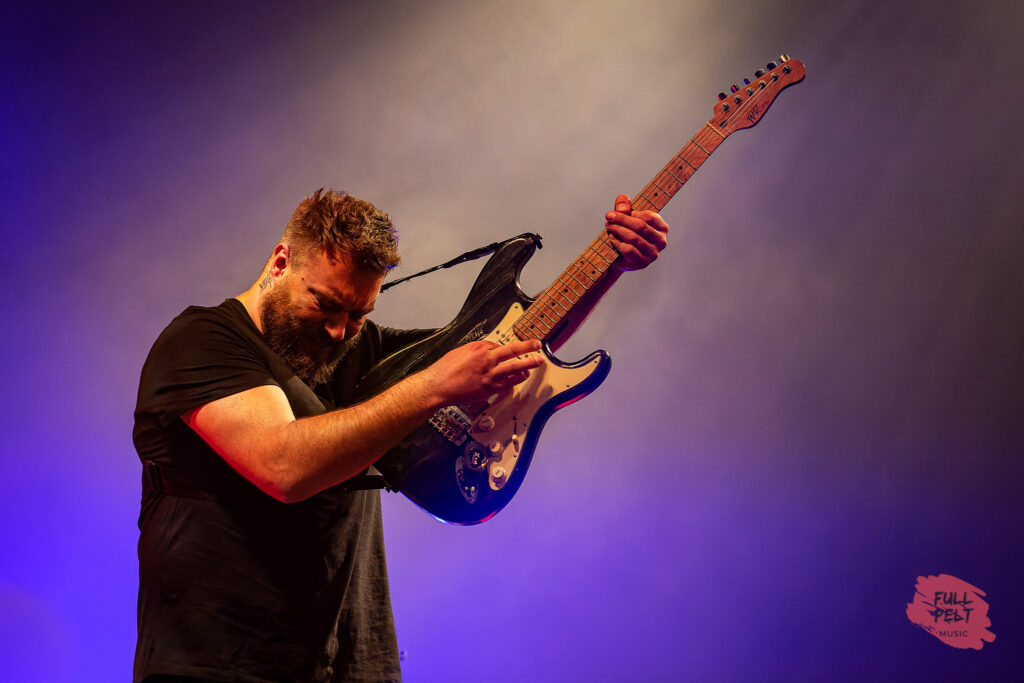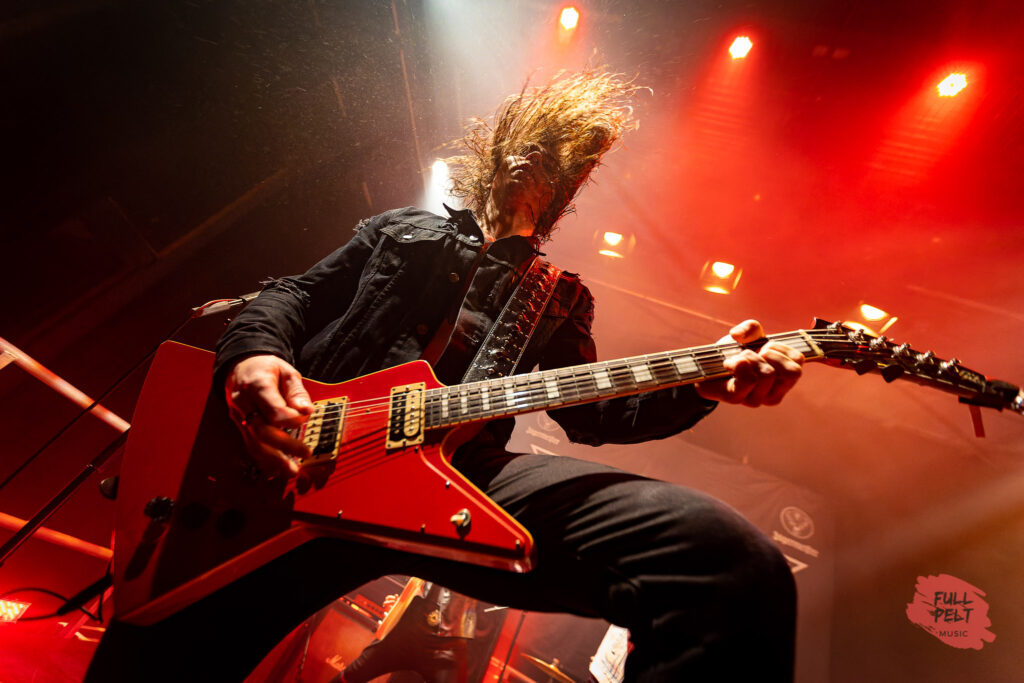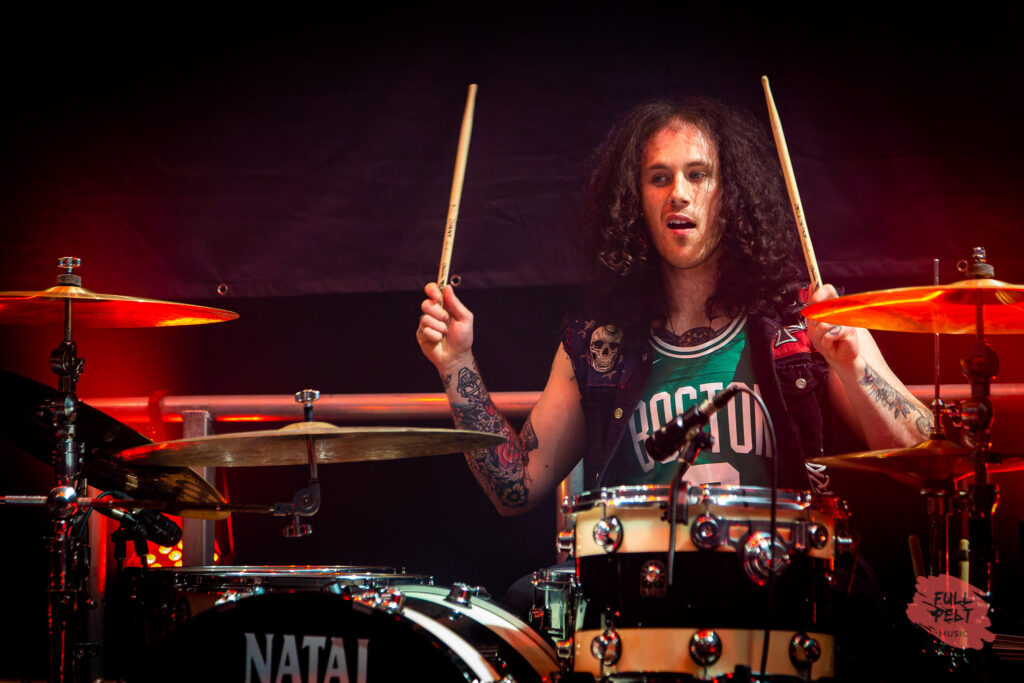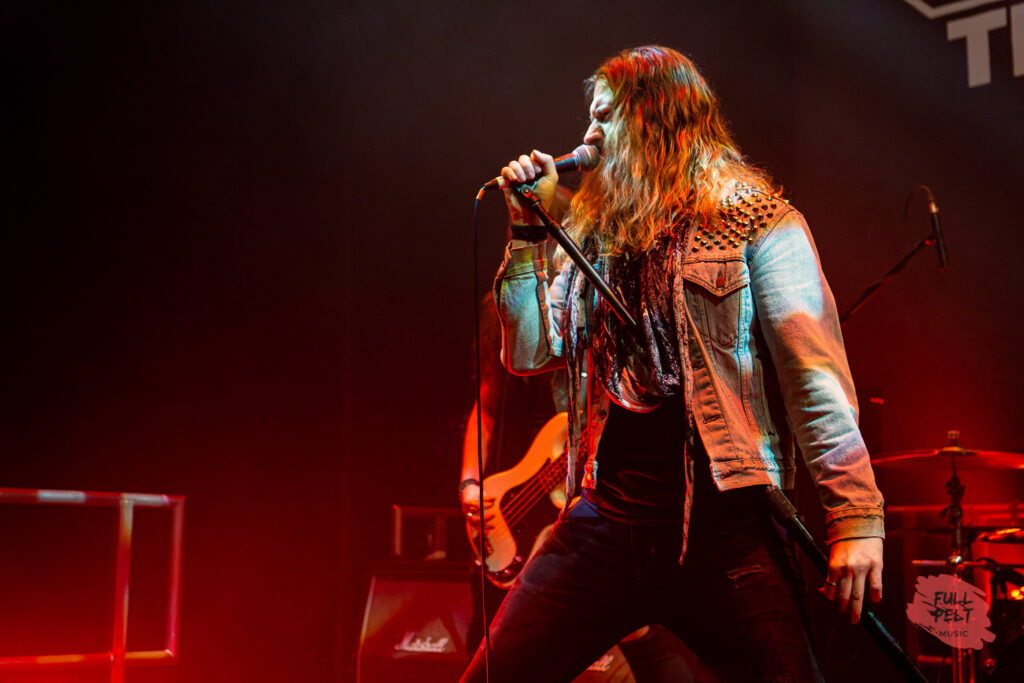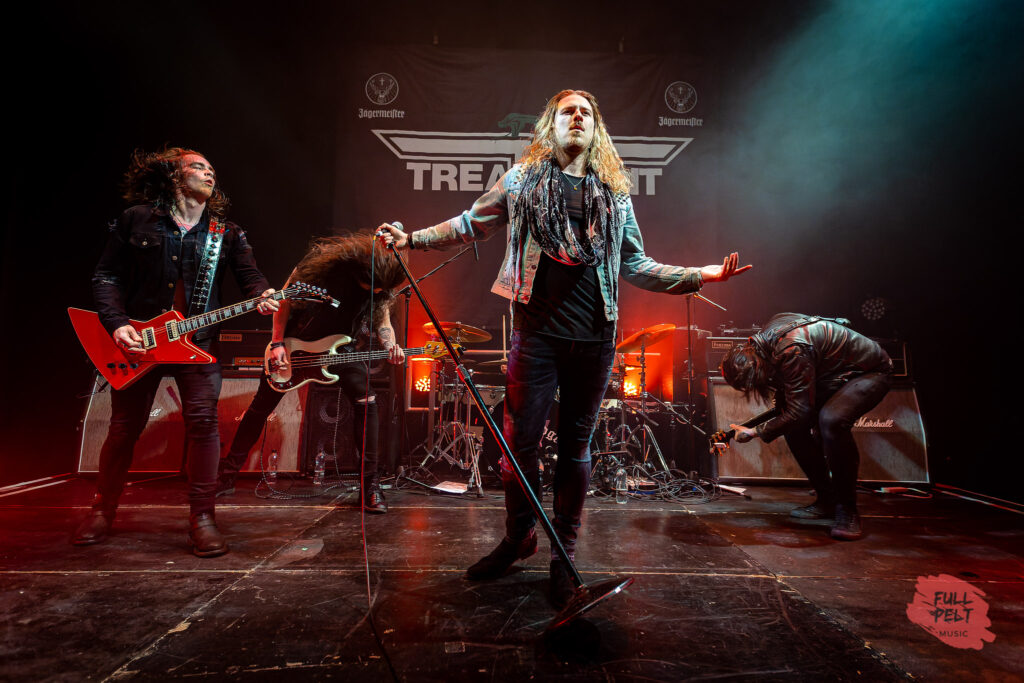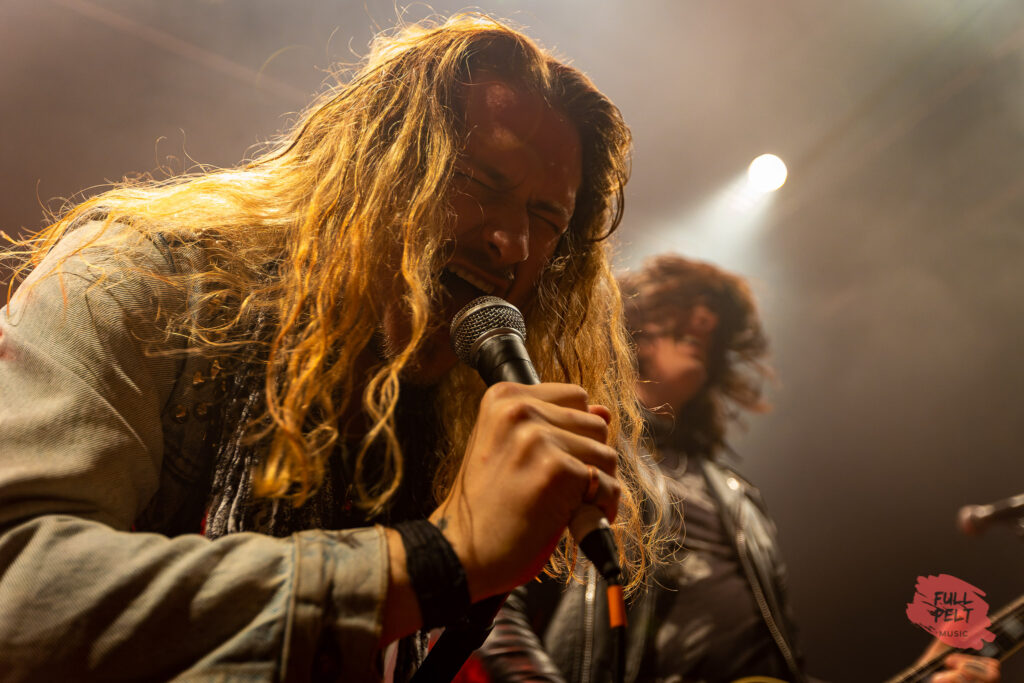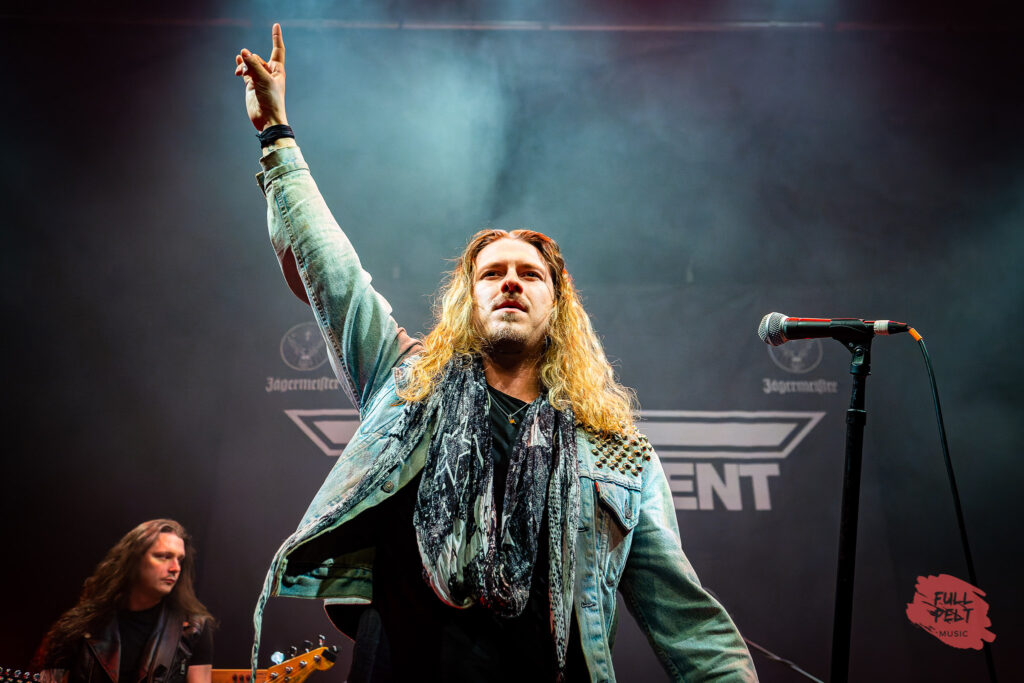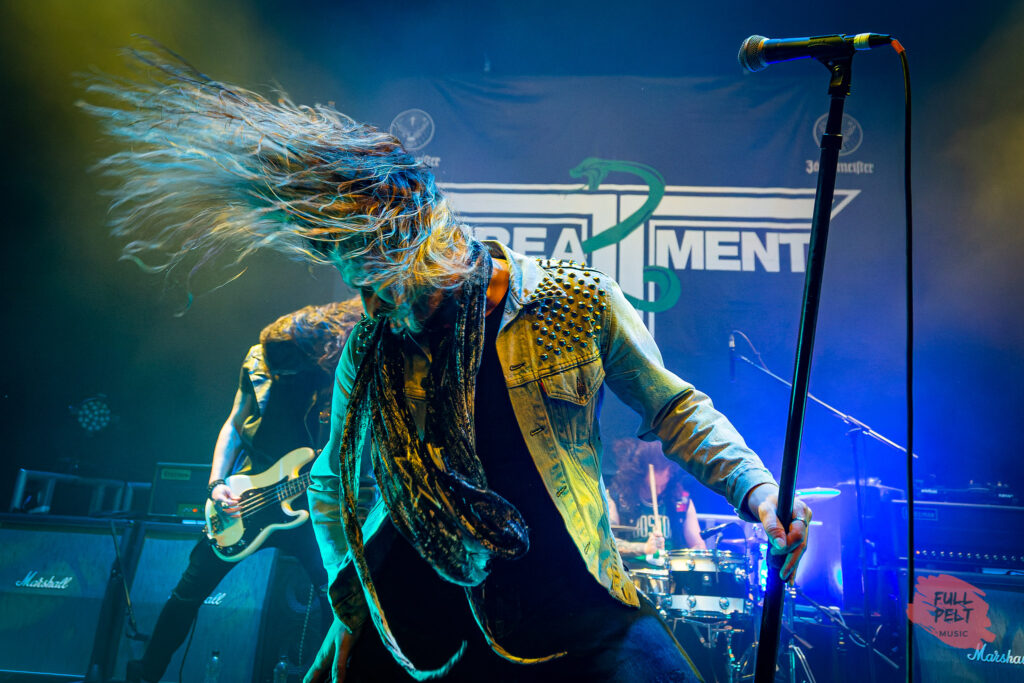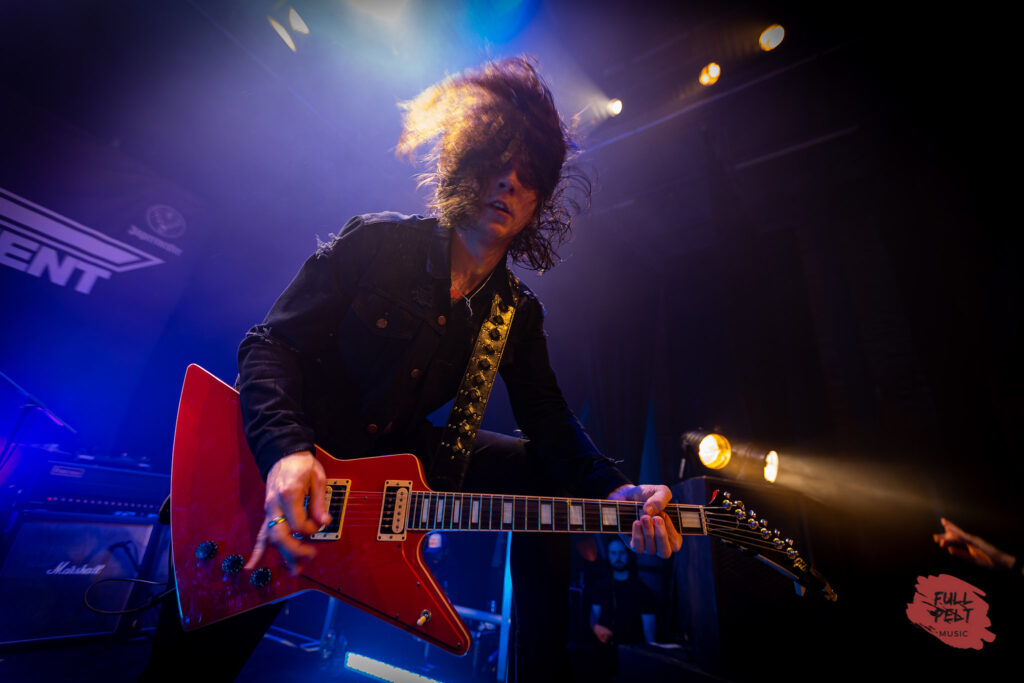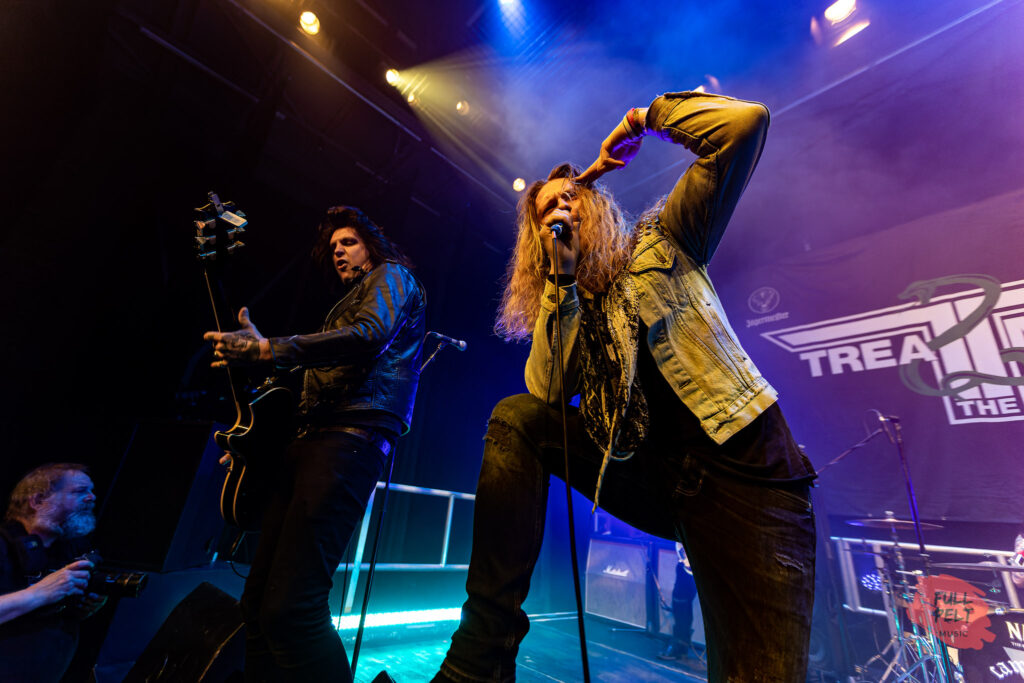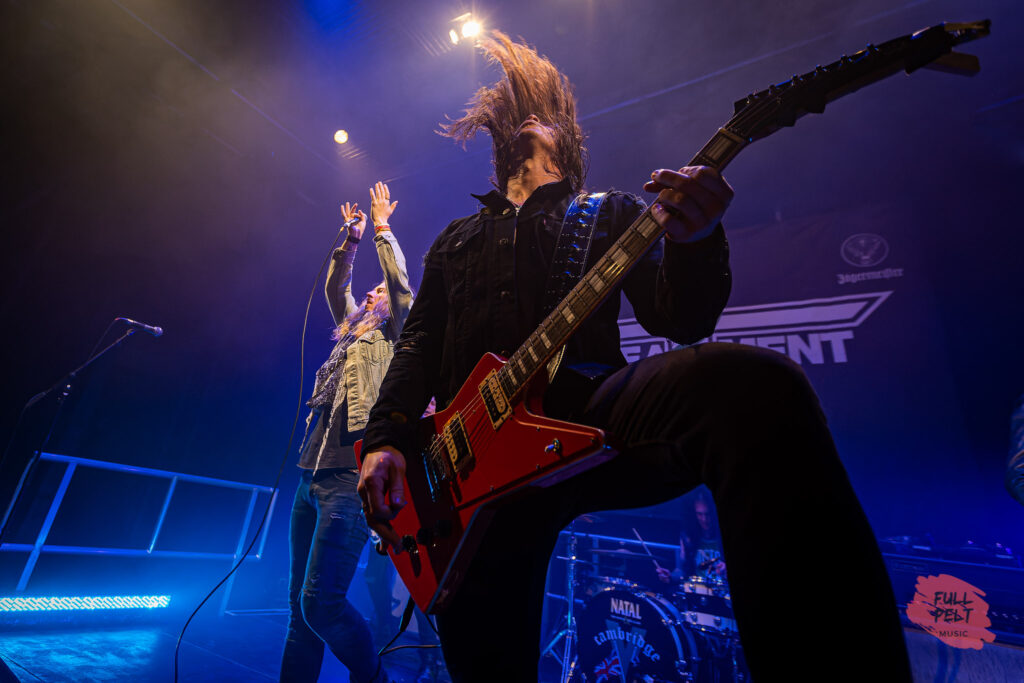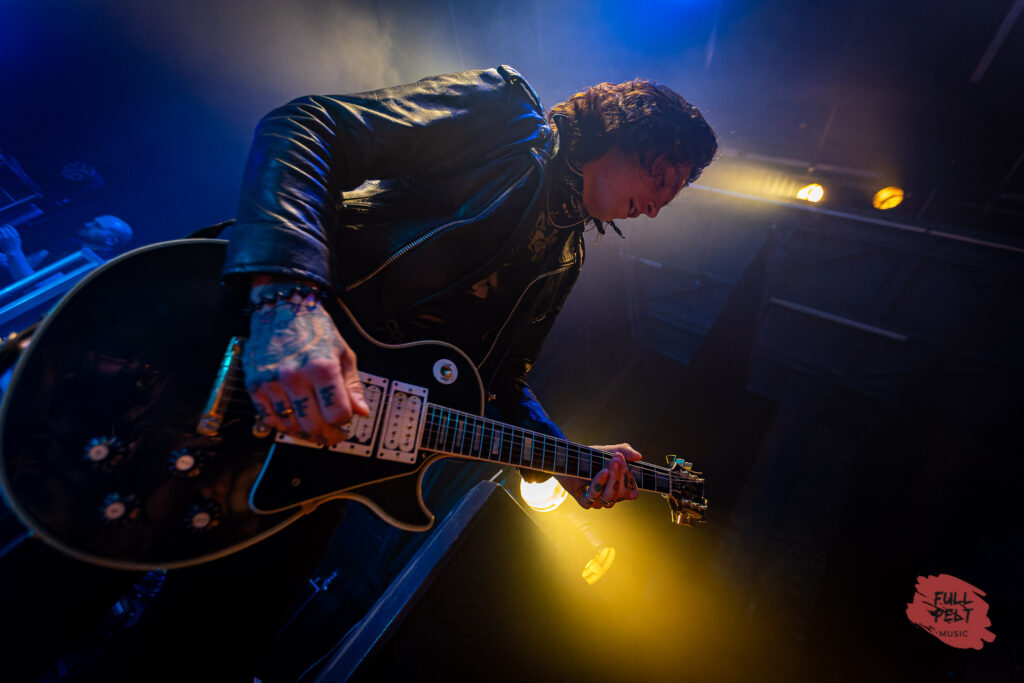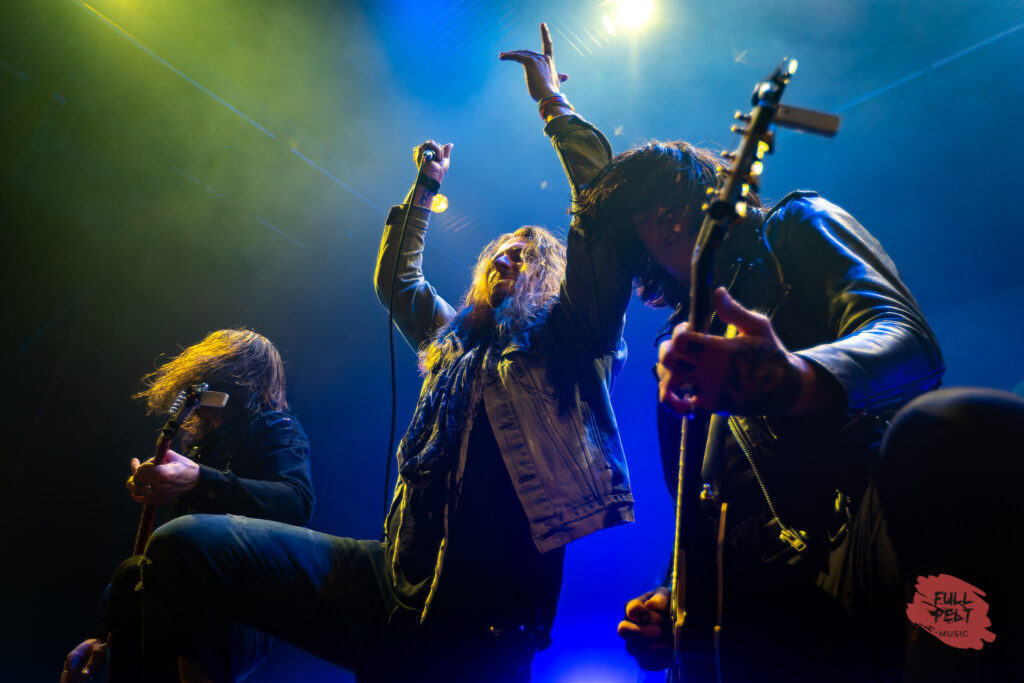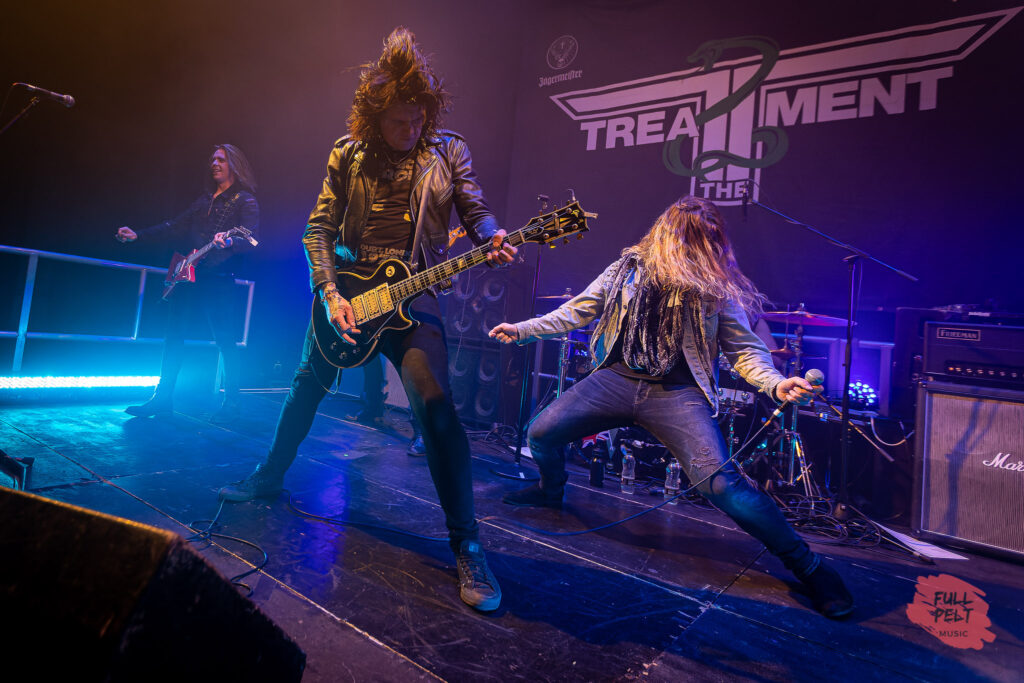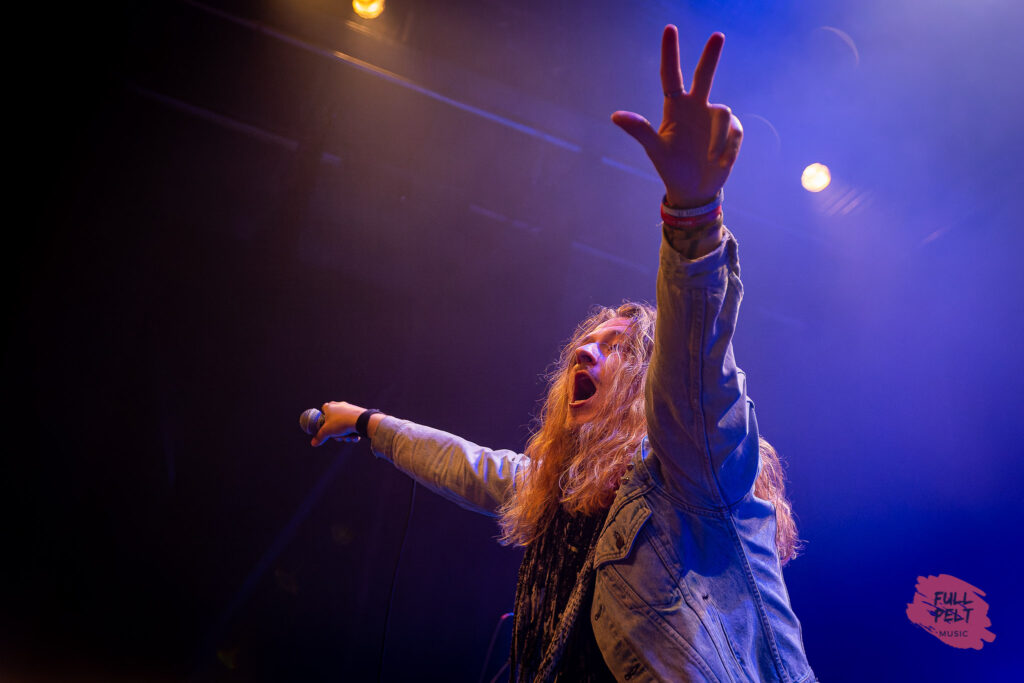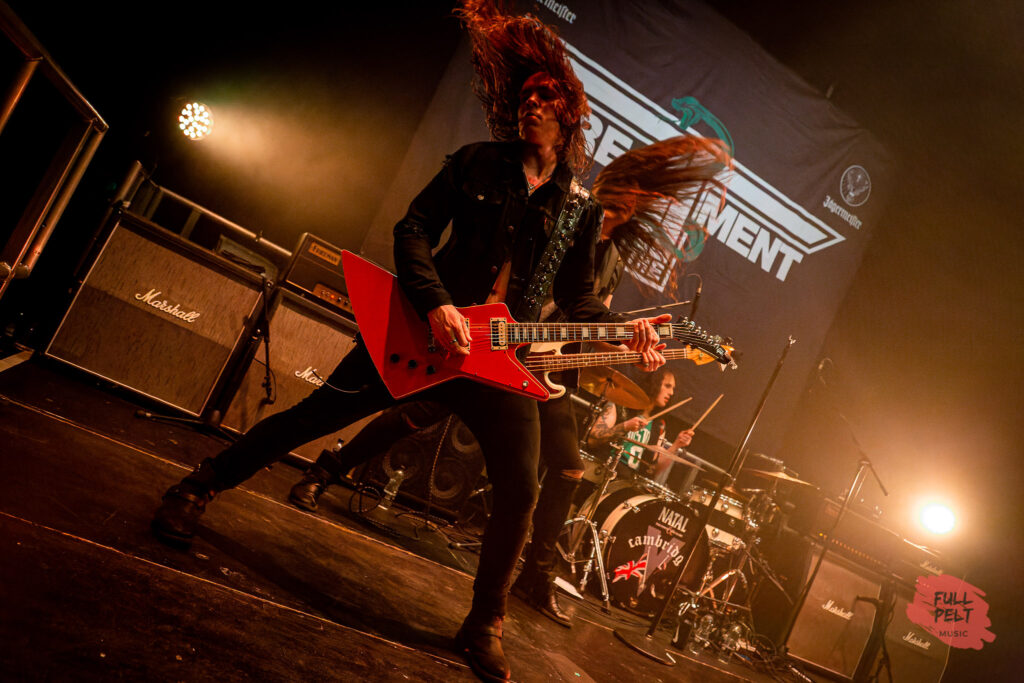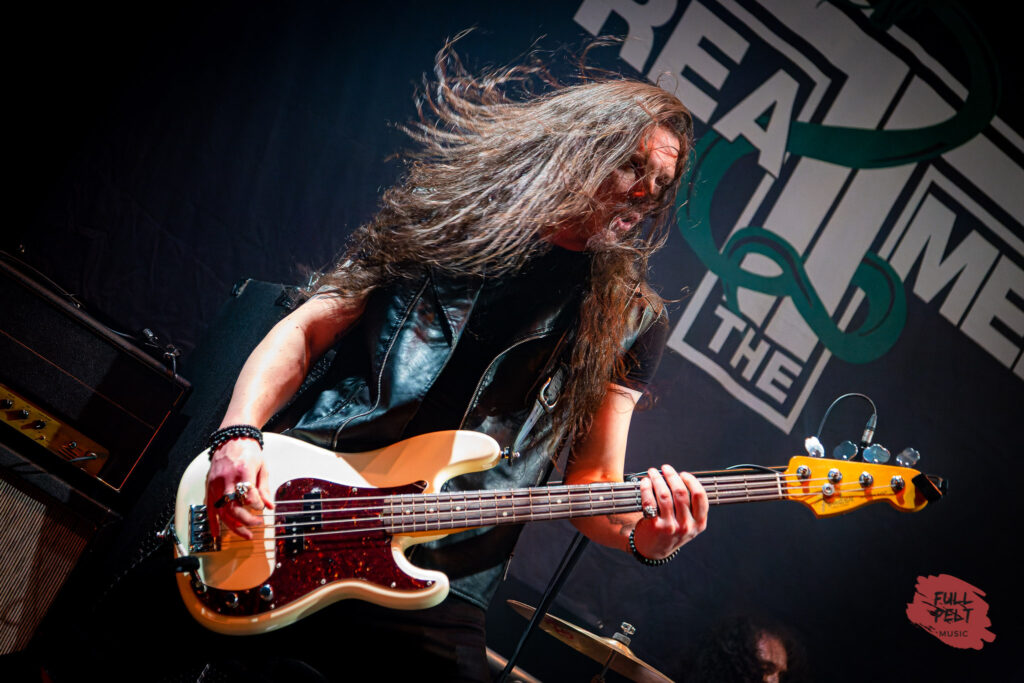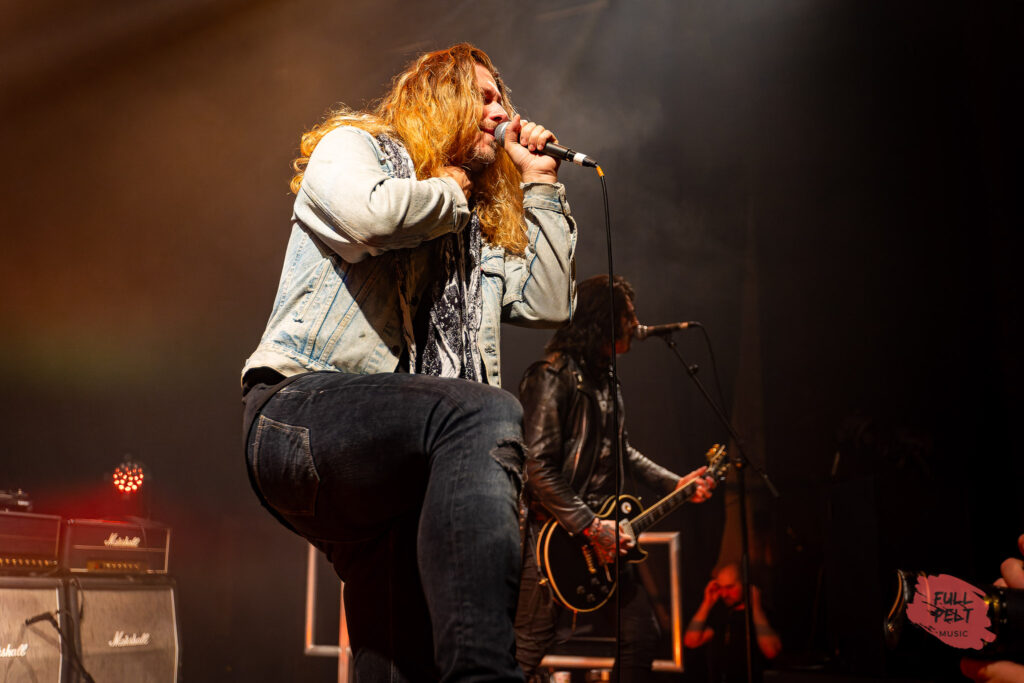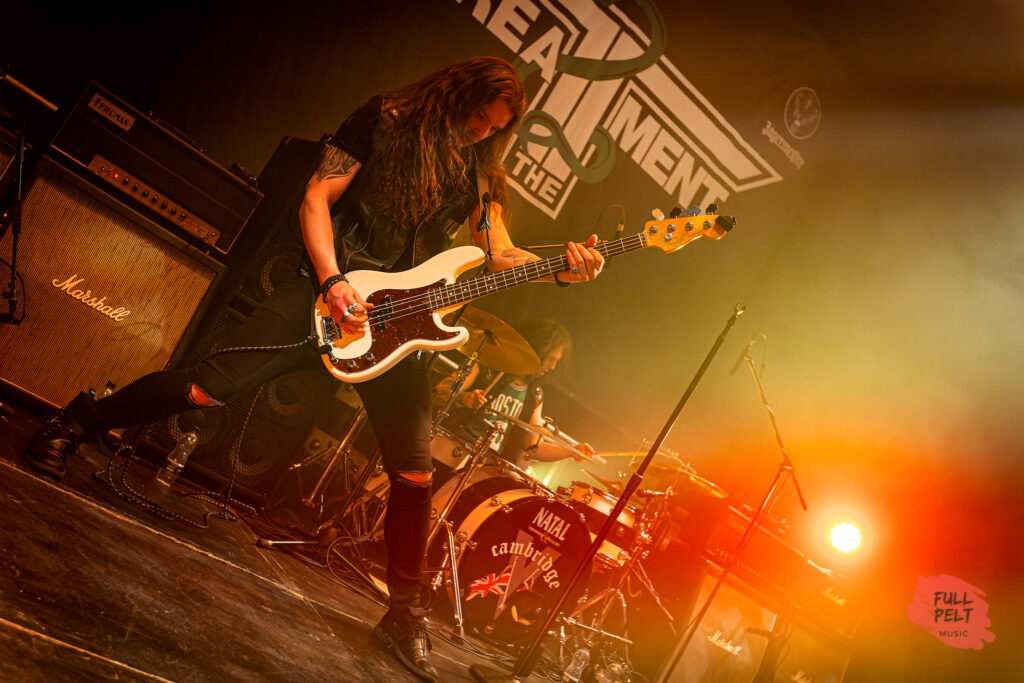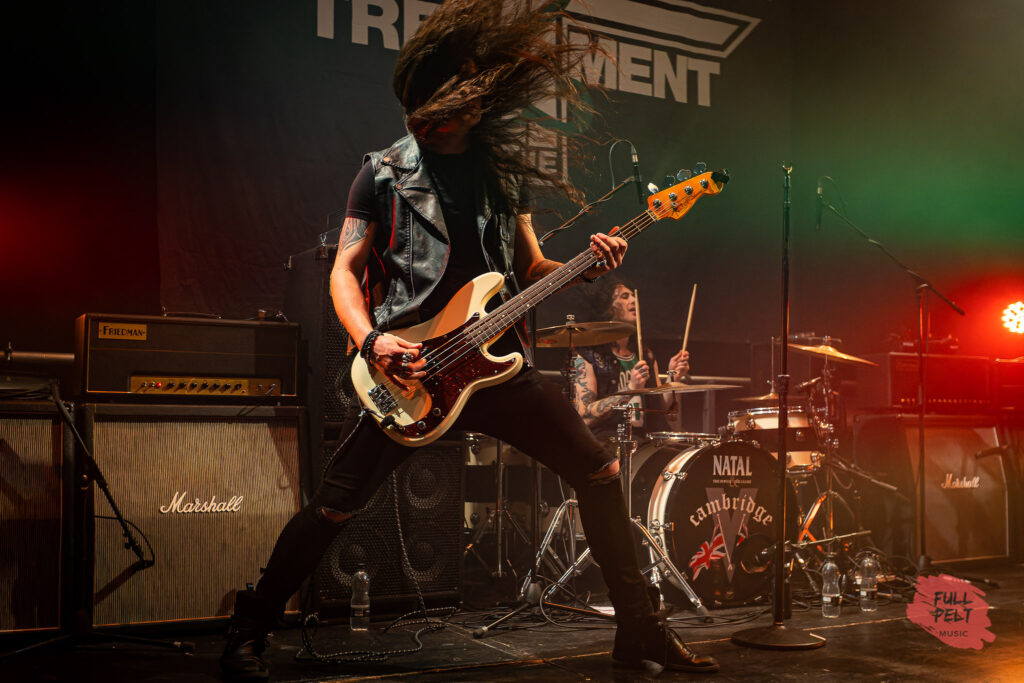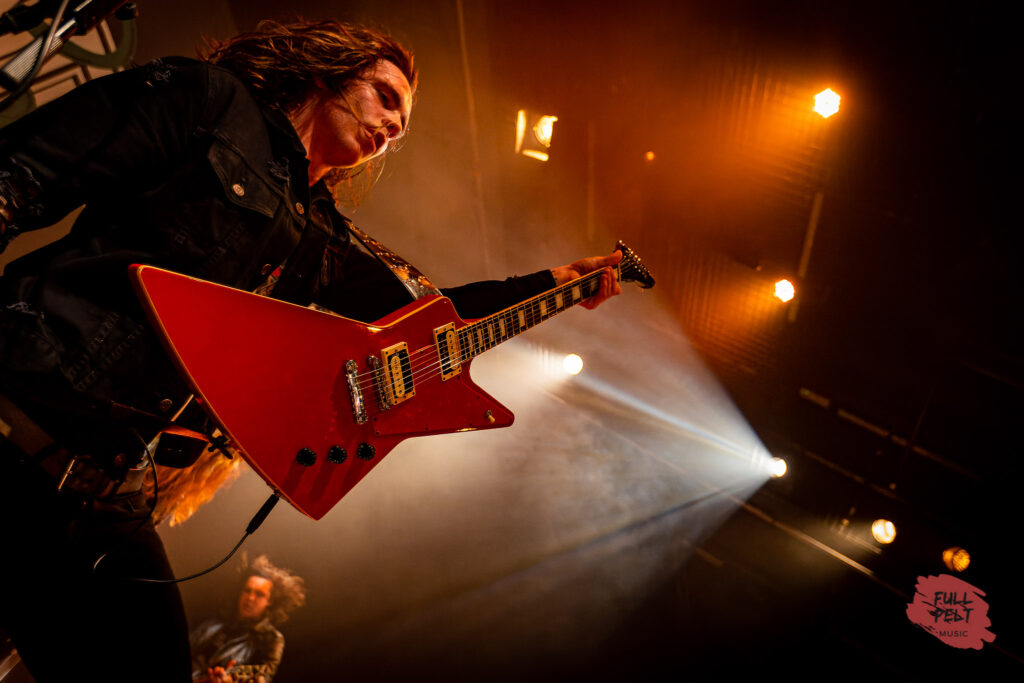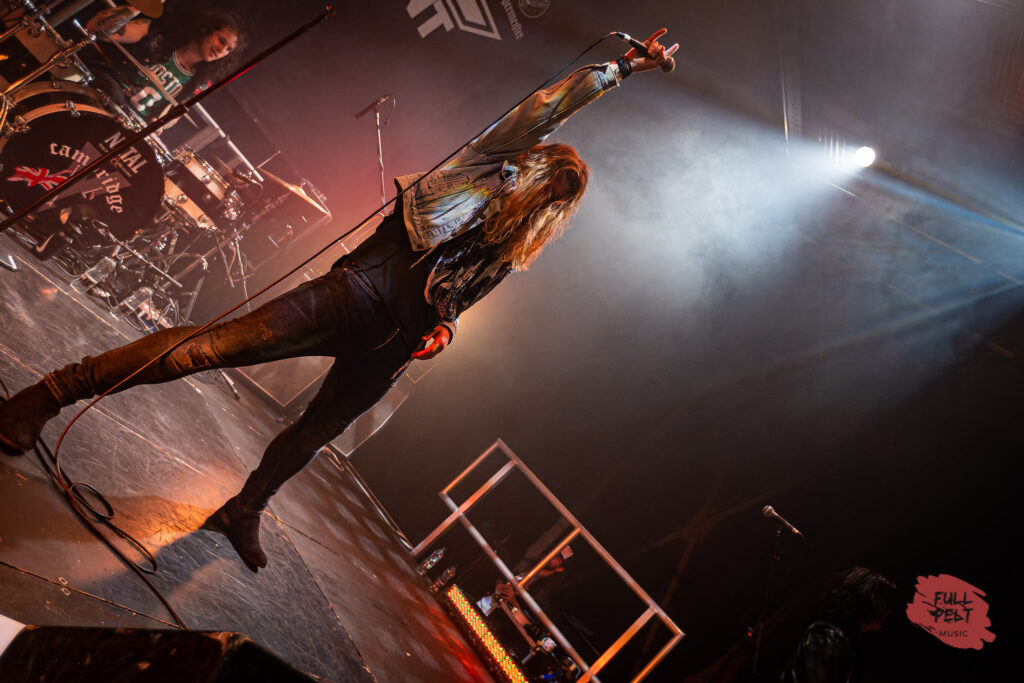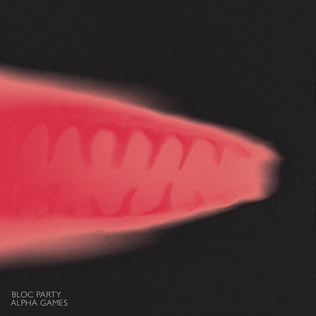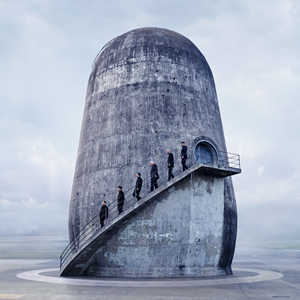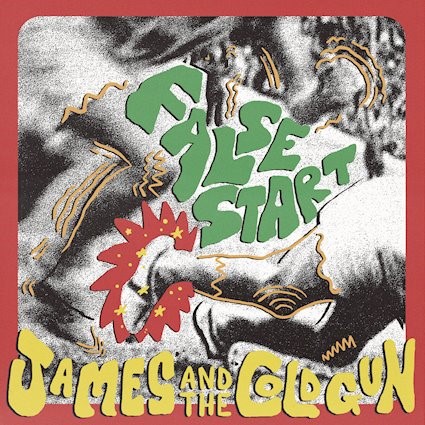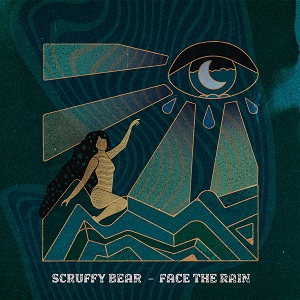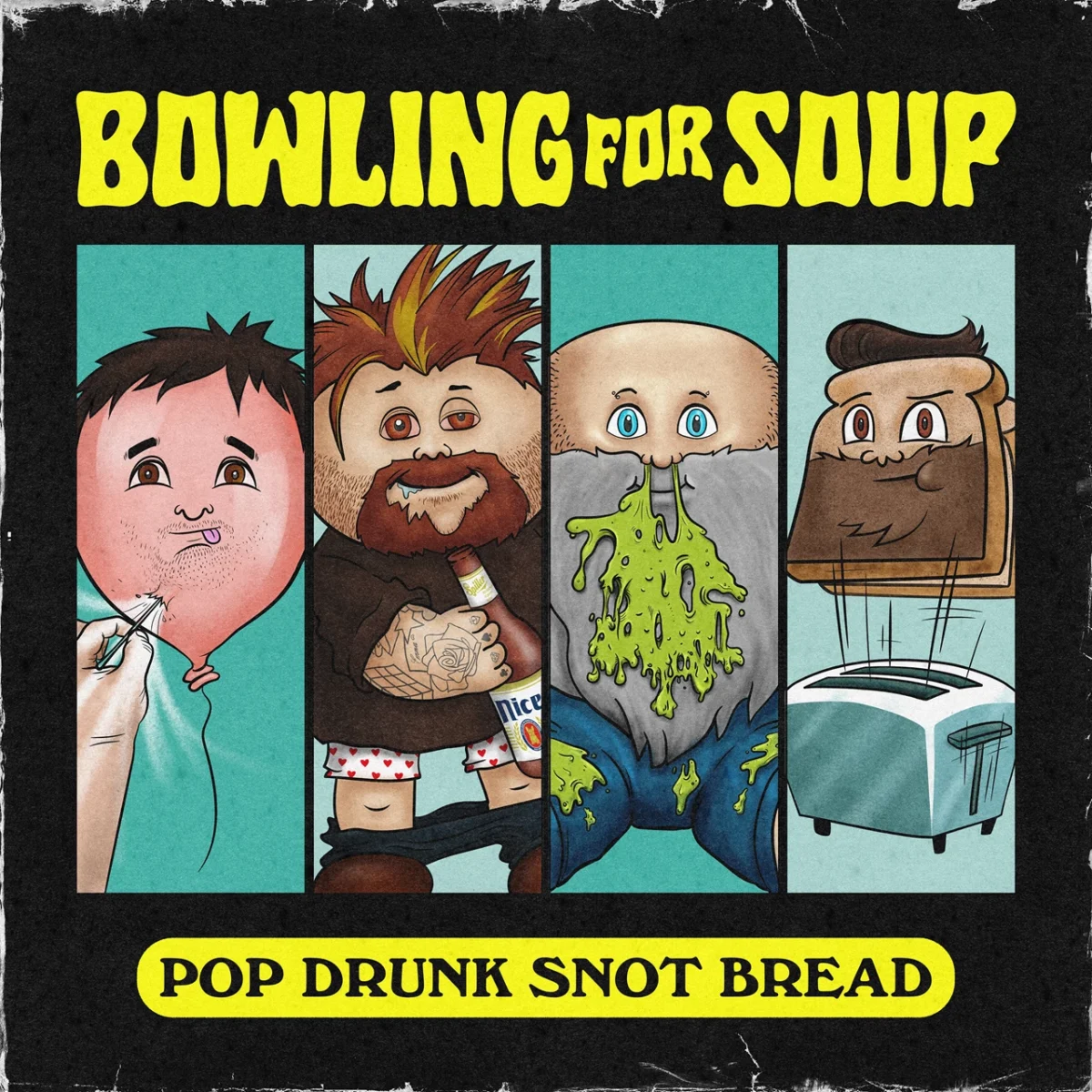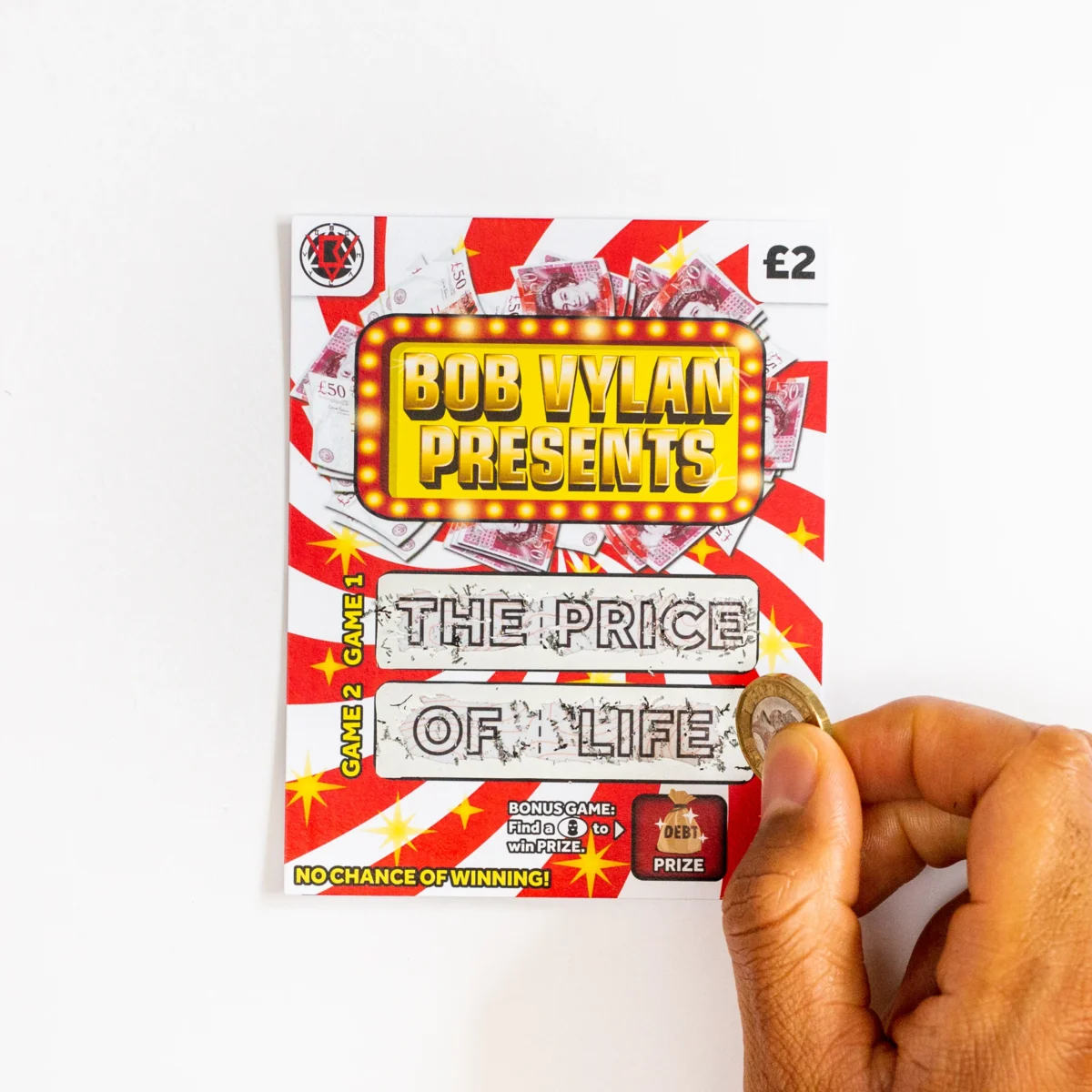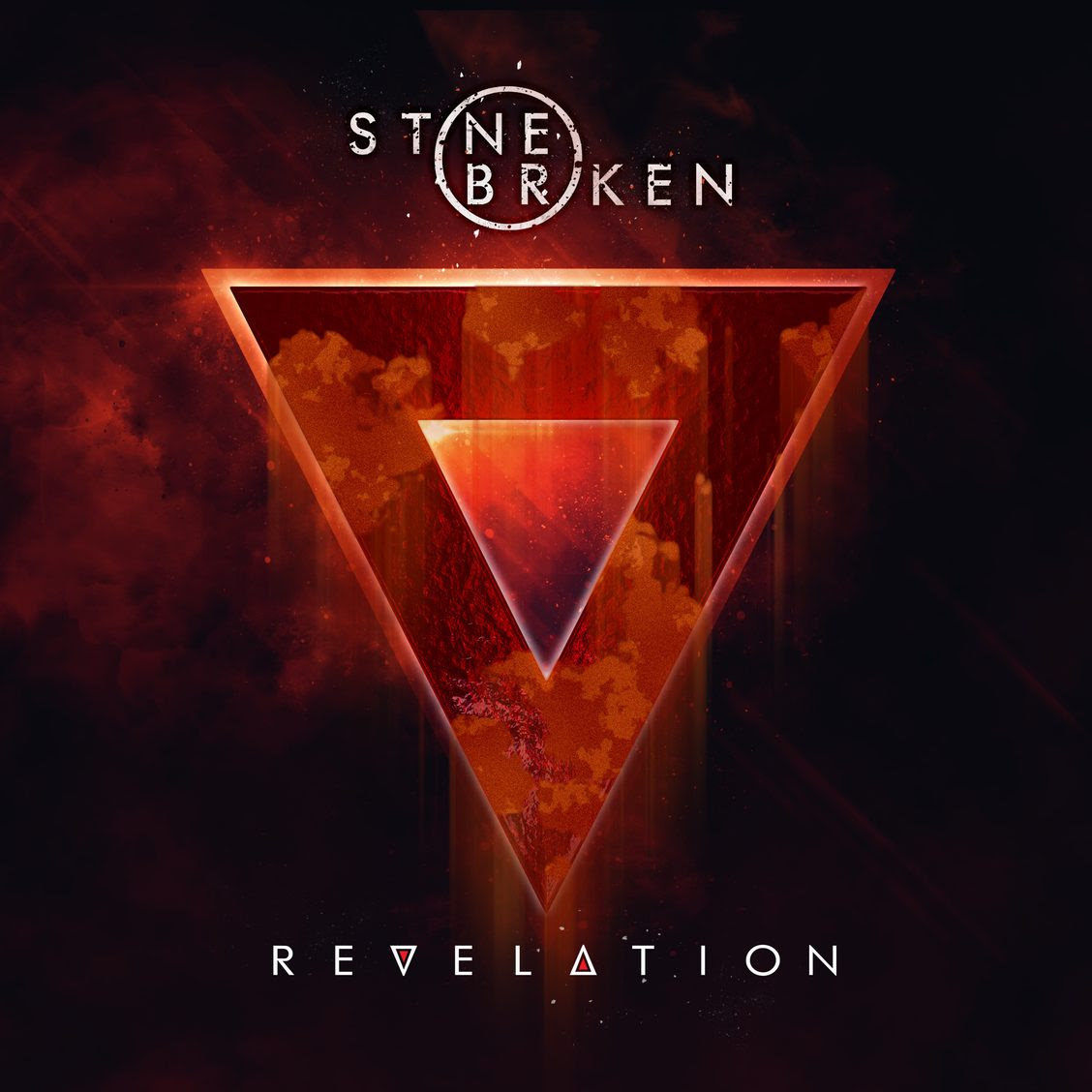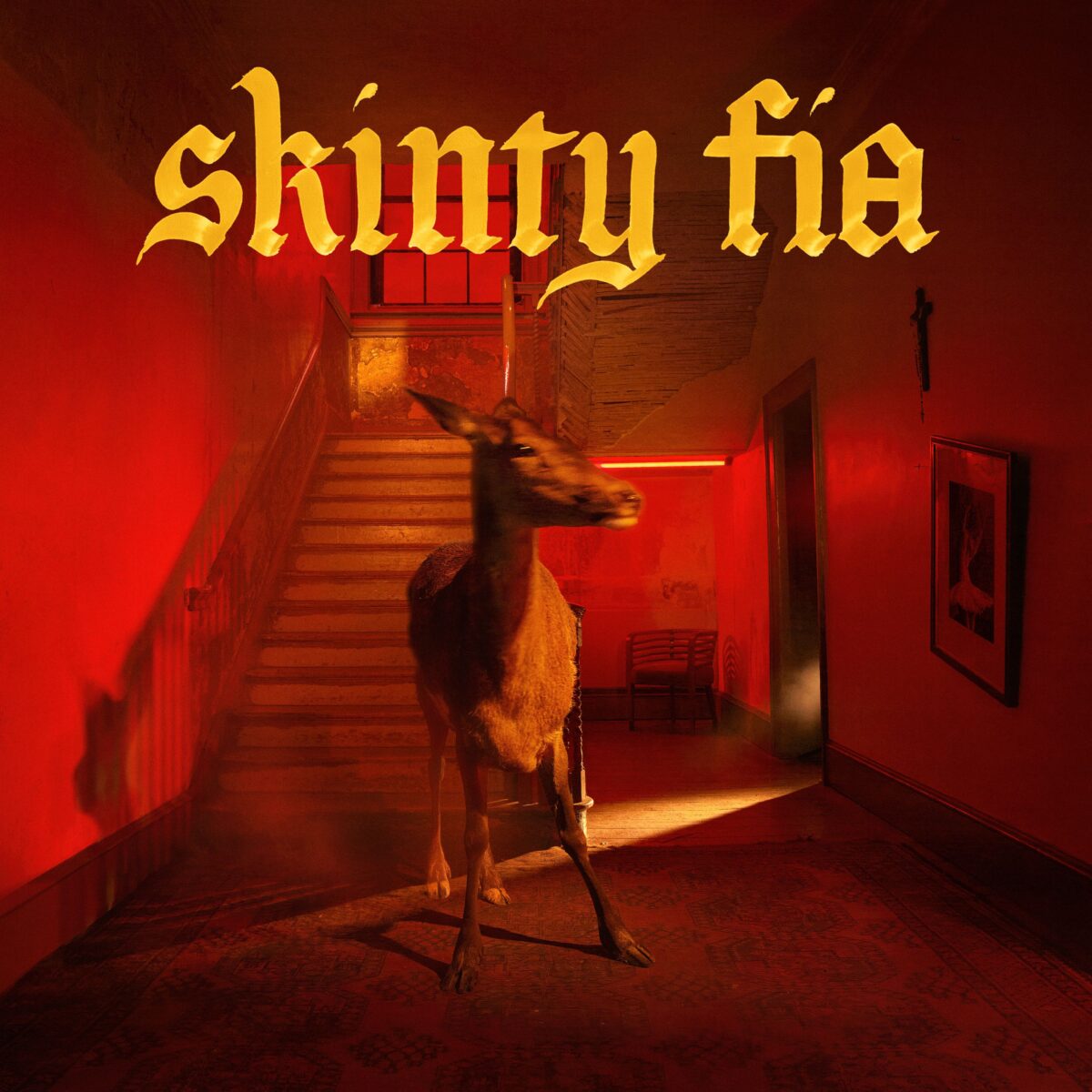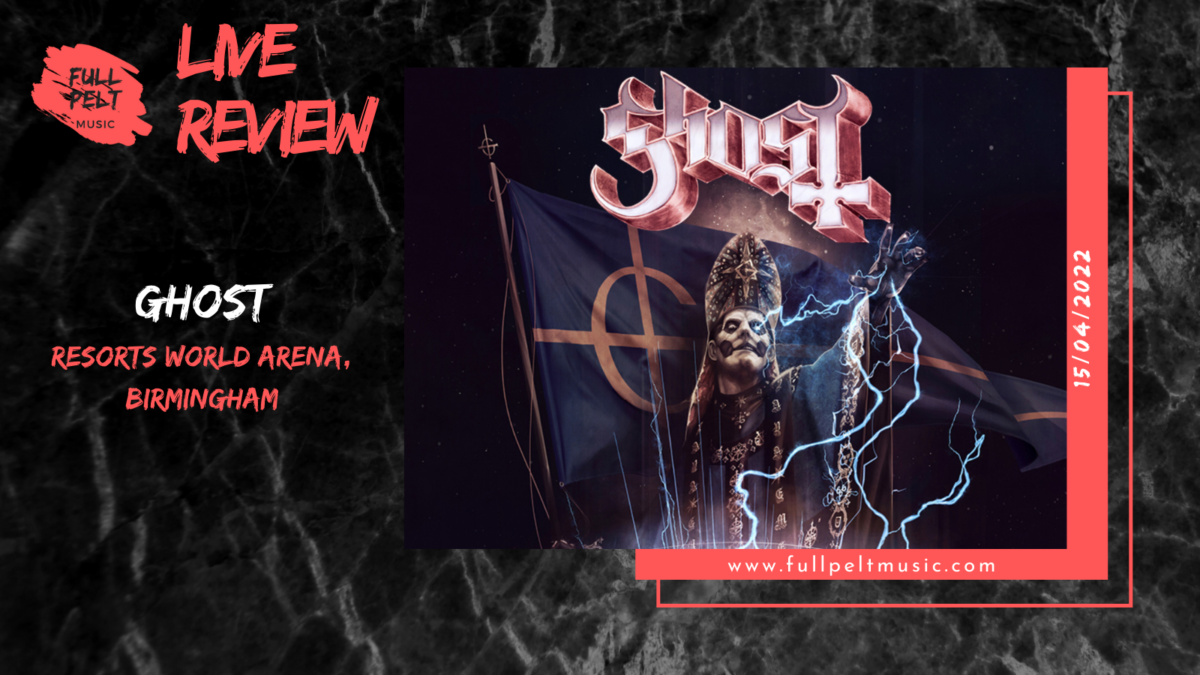J2, Cambridge
Thursday 28th April 2022
Follow us on Social Media
THE TREATMENT – J2 CAMBRIDGE – LIVE REVIEW
All 📸 (c) Denis Gorbatov / Full Pelt Music
Cambridge rockers The Treatment released their latest album, ‘Waiting For Good Luck’ a year ago now. With the country still in lockdown at the time, the band are only now getting to properly tour what is perhaps their best work.
As we talked about in our review of the album, constant line-up alterations have somewhat stifled the growth of the band. That is until now, and as the band discussed with us on The Full Pelt Music Podcast, they feel that they are entering a settled phase and are ready to push onwards and upwards once again.
‘Waiting For Good Luck’, was a positive indication but for rock musicians the bread and butter is in the live performance, so how are they holding up on that front? We head to the J2 in Cambridge to find out!
Read our review of ‘Waiting For Good Luck’
SOUTH OF SALEM
Opening up this evening are South of Salem who themselves have a pandemic era album to present. Tracks such as ‘Let Us Prey’, ‘Cold Day In Hell’ and ‘Demons Are Forever’ translate well on stage and get the early crowd suitably warmed up for what’s to follow.
PISTON
Hotly tipped rock group Piston follow on stage and ramp up the atmosphere further with a run through of tracks from their self-titled album. They finish their set with a rousing rendition of Creedence Clearwater Revival hit ‘Proud Mary’, which really gets the audience in the party spirit.
THE TREATMENT
That party truly gets going as locals The Treatment finally arrive on stage. The five-piece burst straight into ‘Let’s Get Dirty’ and ‘Let It Begin’ as those in attendance really let go.
Musically the band are tight and quickly demonstrate that they are fighting fit with the likes of ‘Devil In The Detail’ and ‘The Doctor’ sounding great. All new songs fit in well and sound excellent with ‘Wrong Way’ particularly standing out.
The band is an established act now with a dedicated following, but they’ve always had the potential to do more. With latest frontman Tom Rampton owning the stage and the rest of the band cohesive and polished, hopefully that long held potential can finally become reality.
As for tonight, a firing on all cylinders The Treatment plus an excitable hometown crowd equals a very memorable evening; an encore of ‘Rat Race’ and ‘Running With The Dogs’ sending fans home happy.
Share this review on Social Media
Watch The Full Pelt Music Podcast with guests The Treatment
